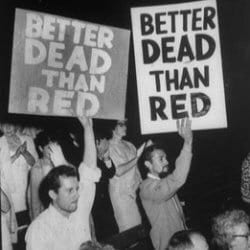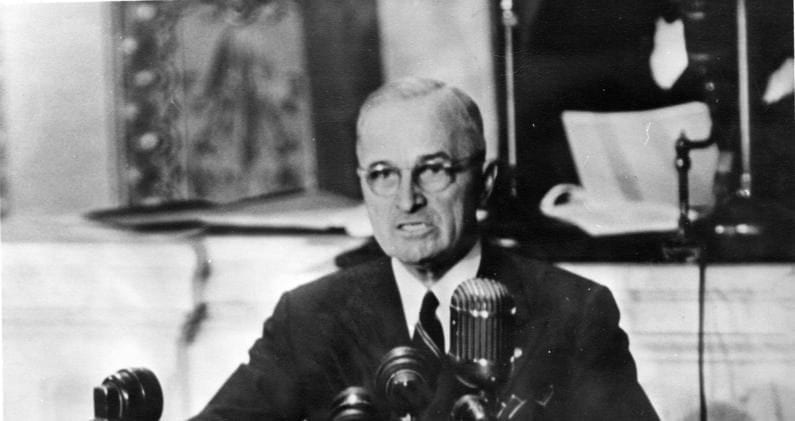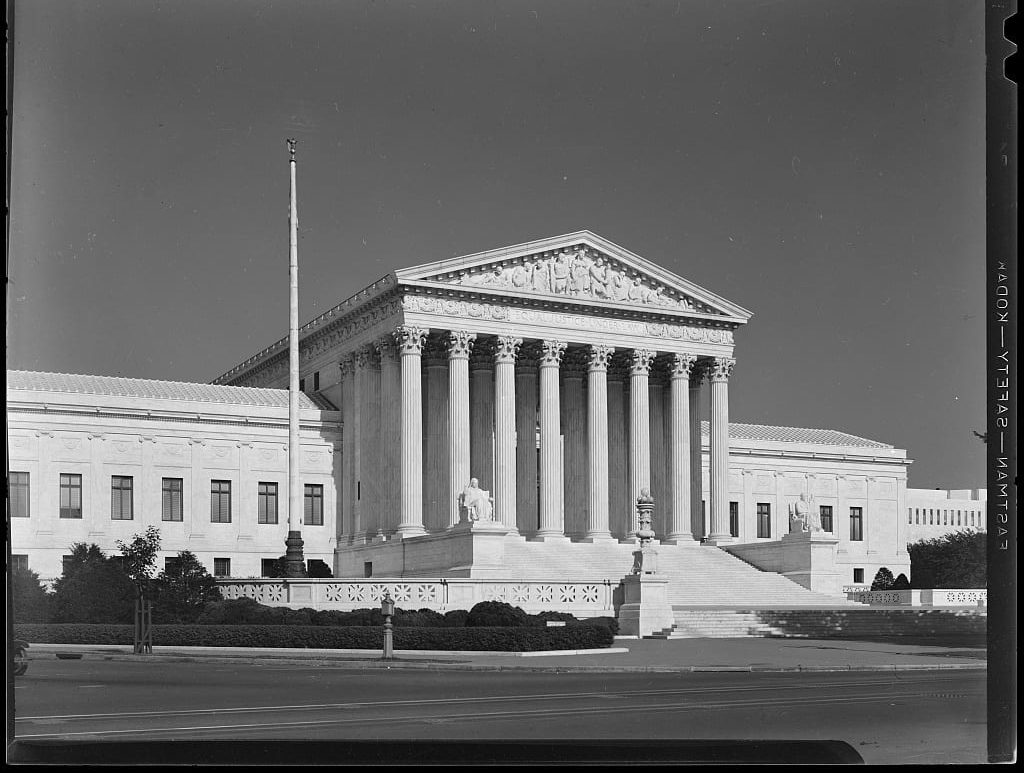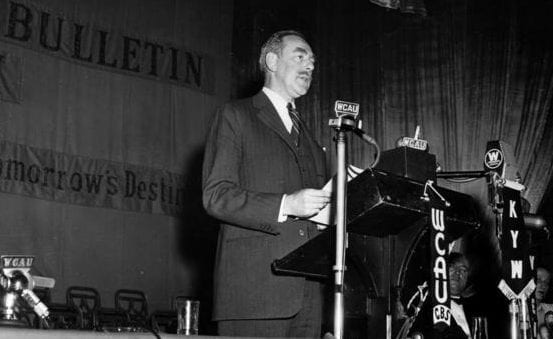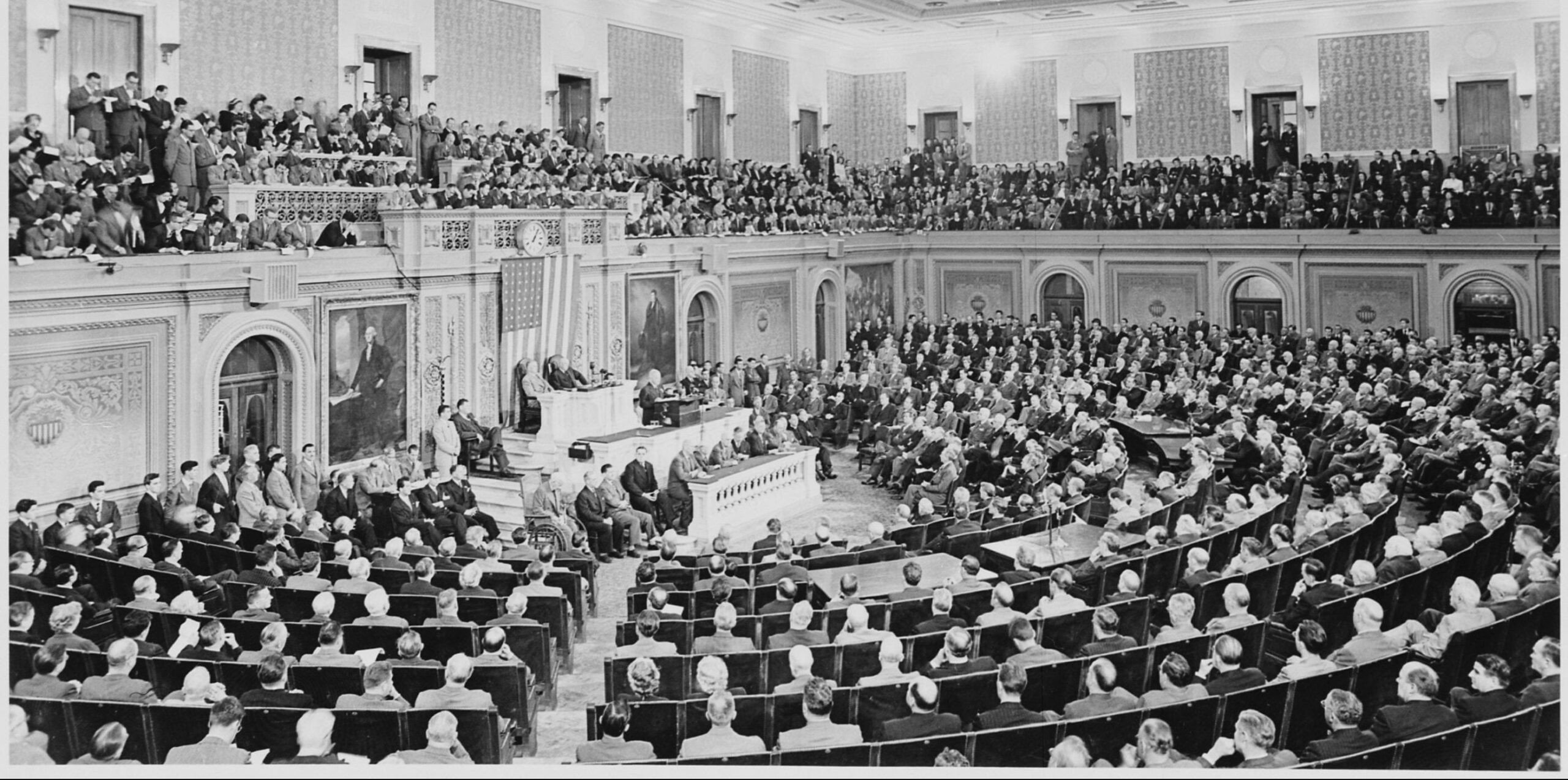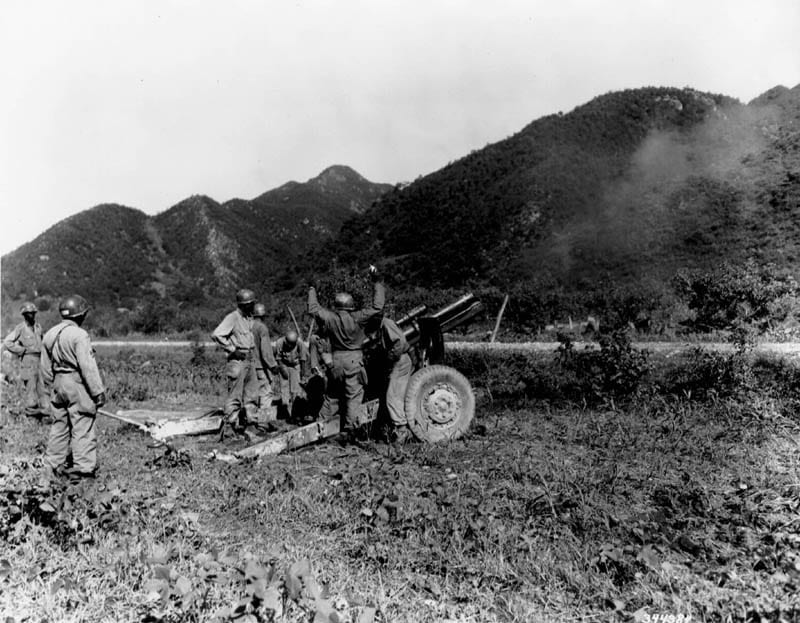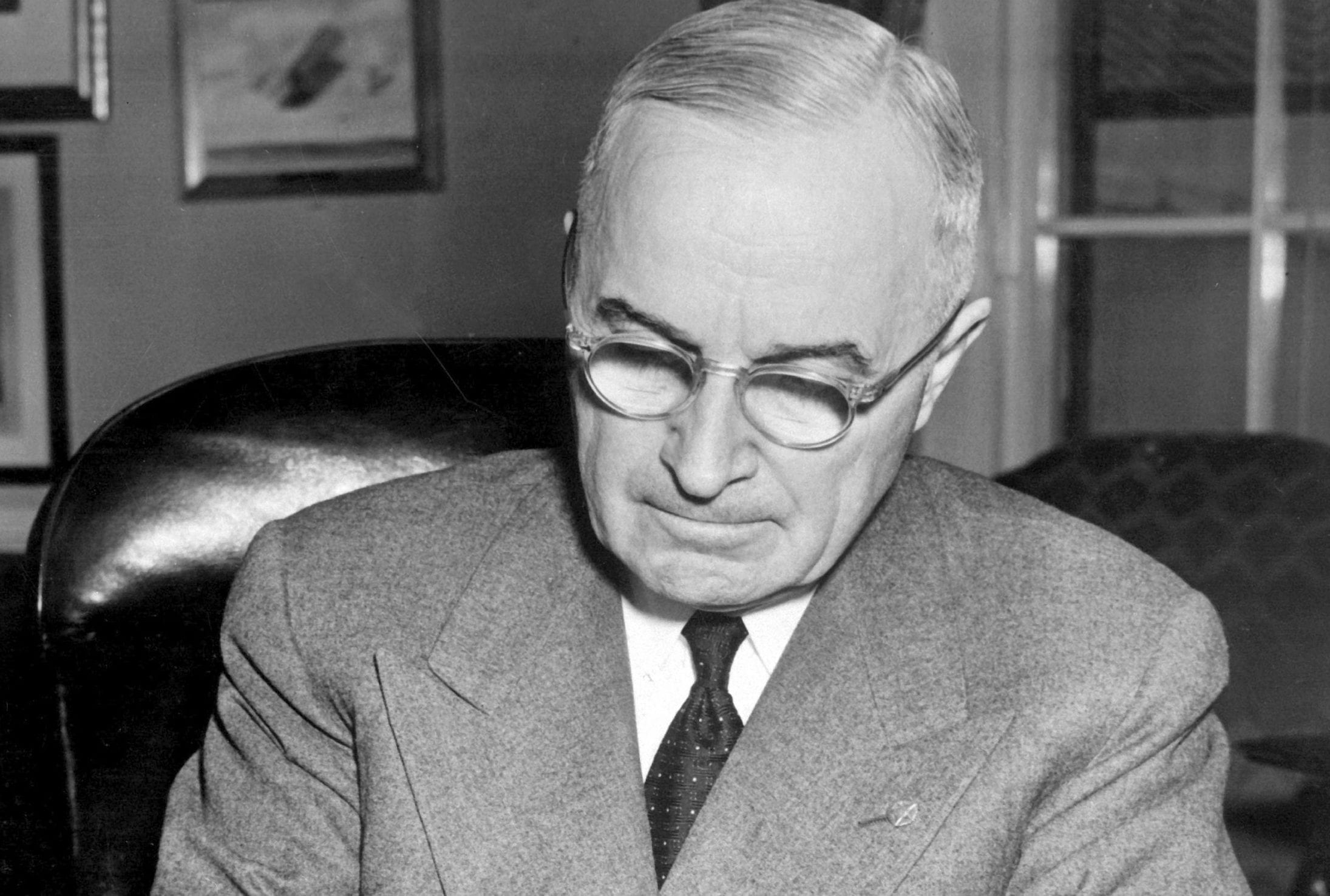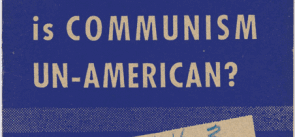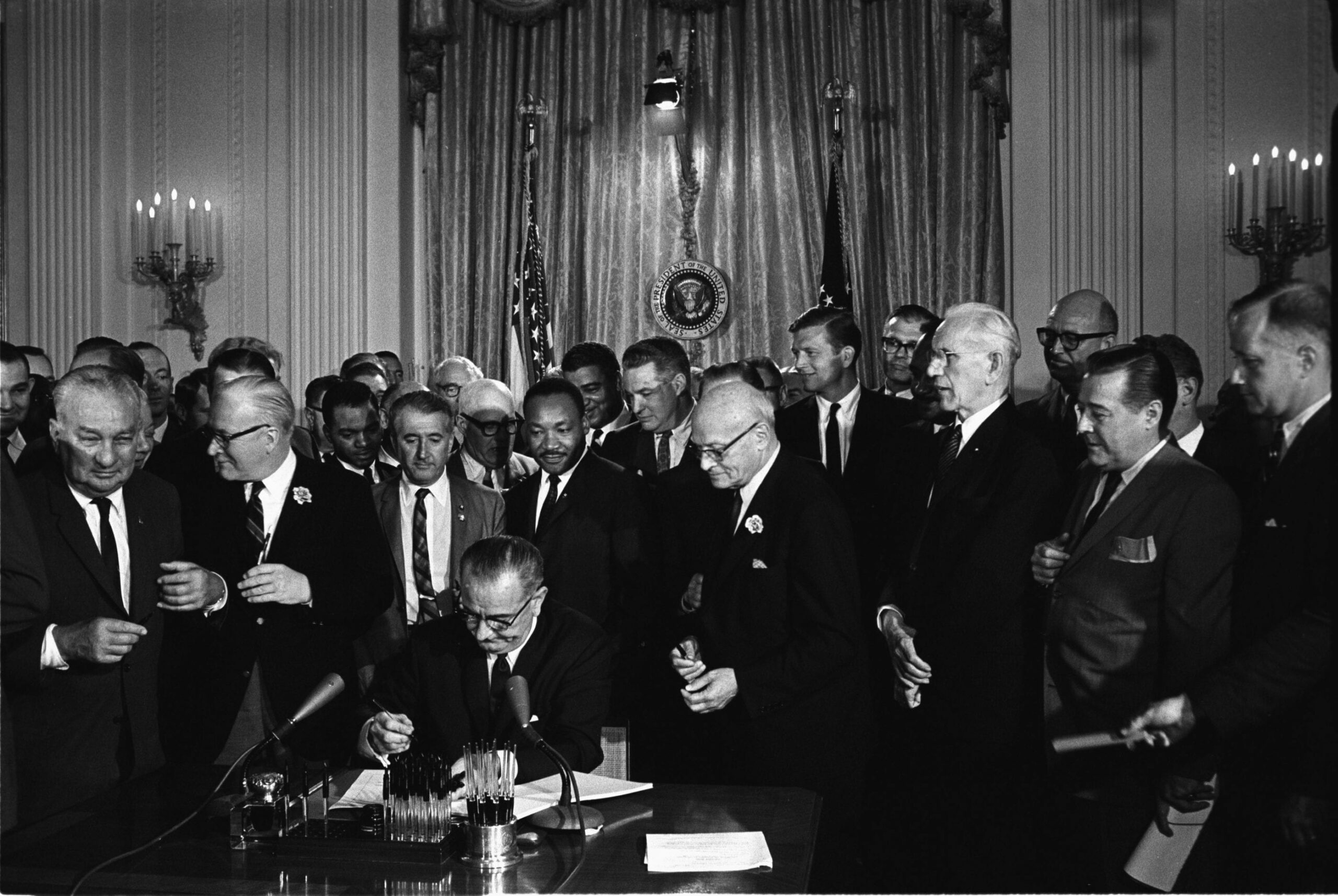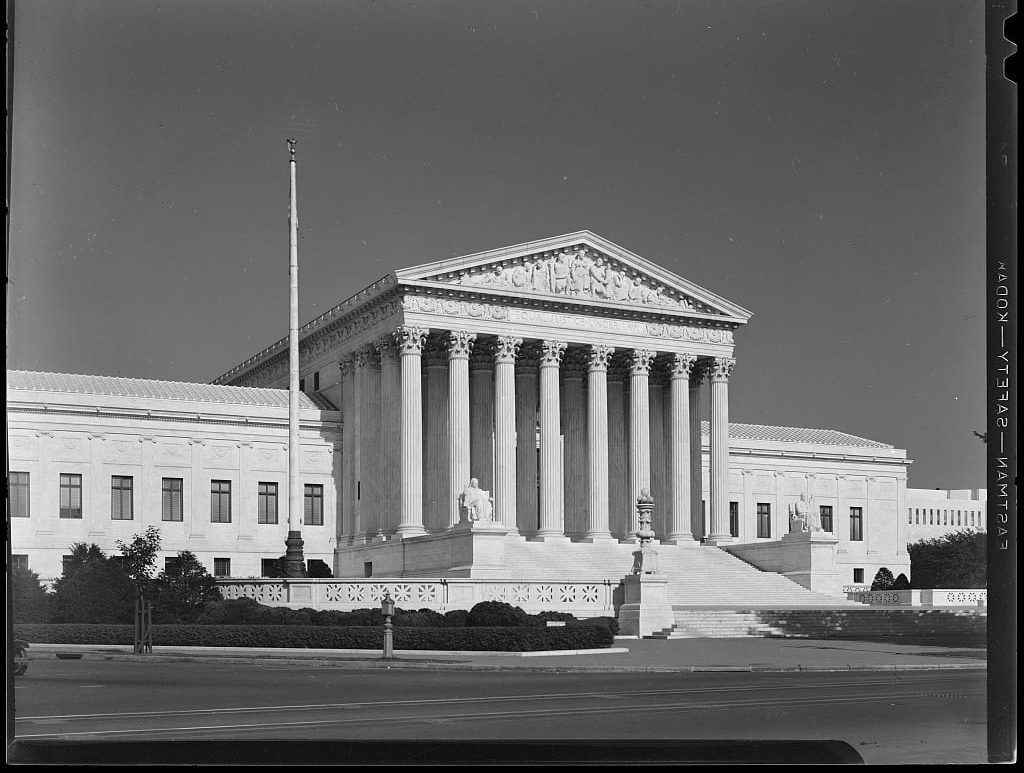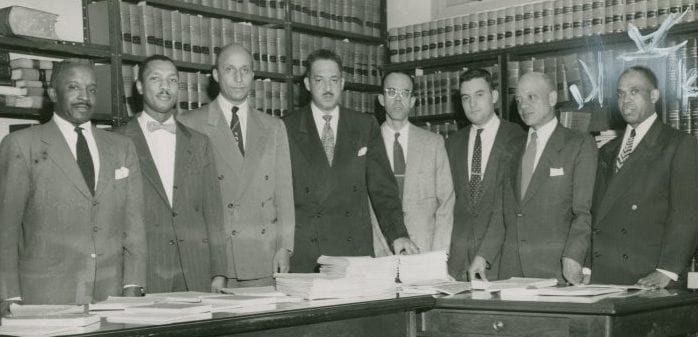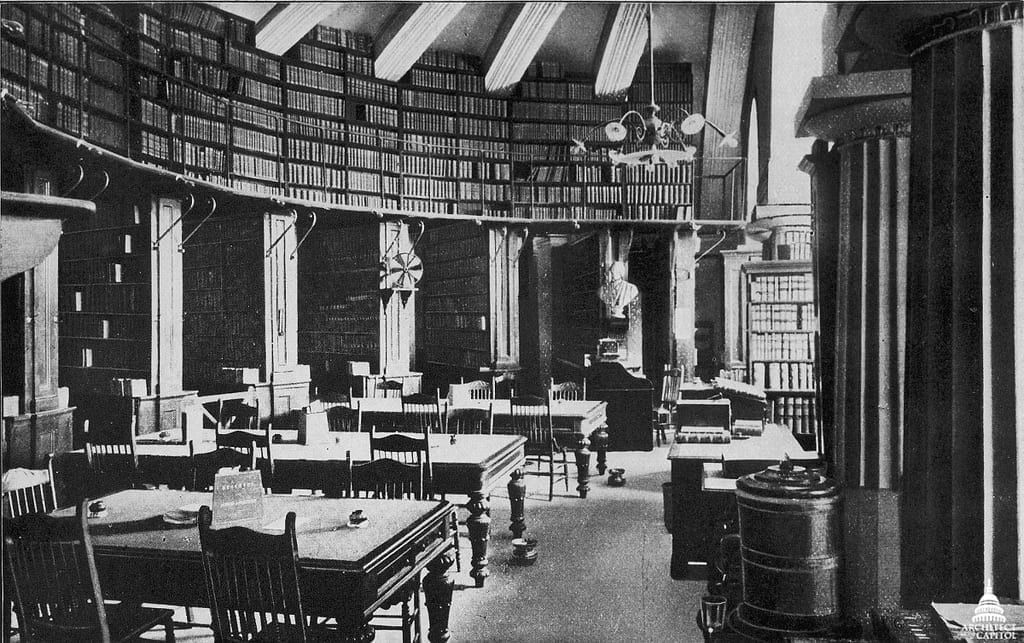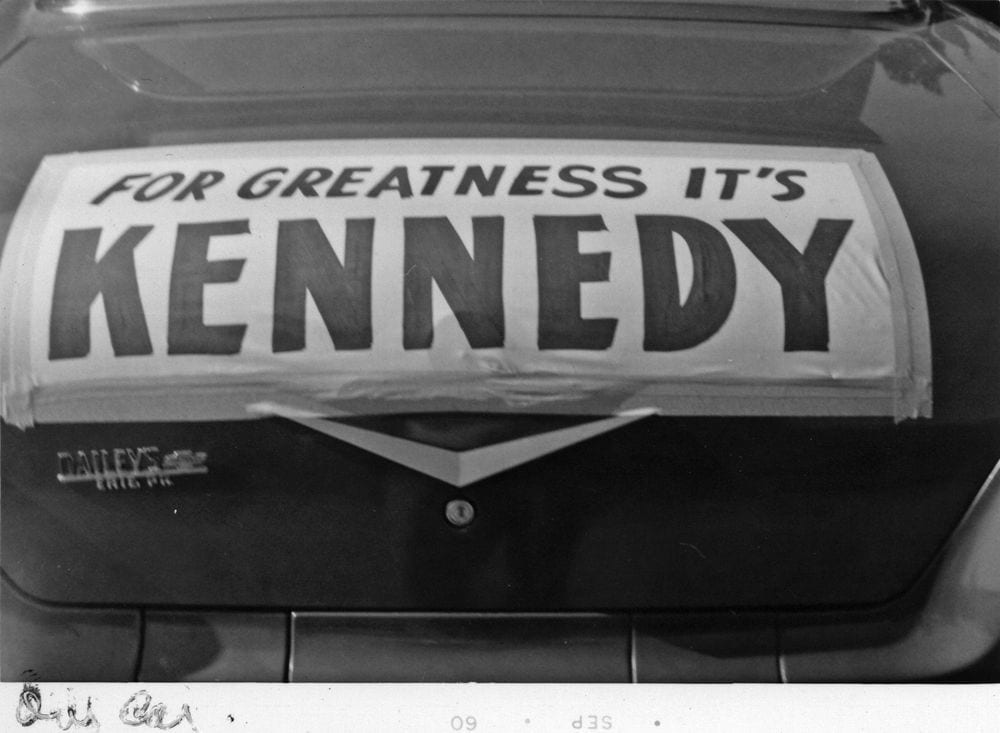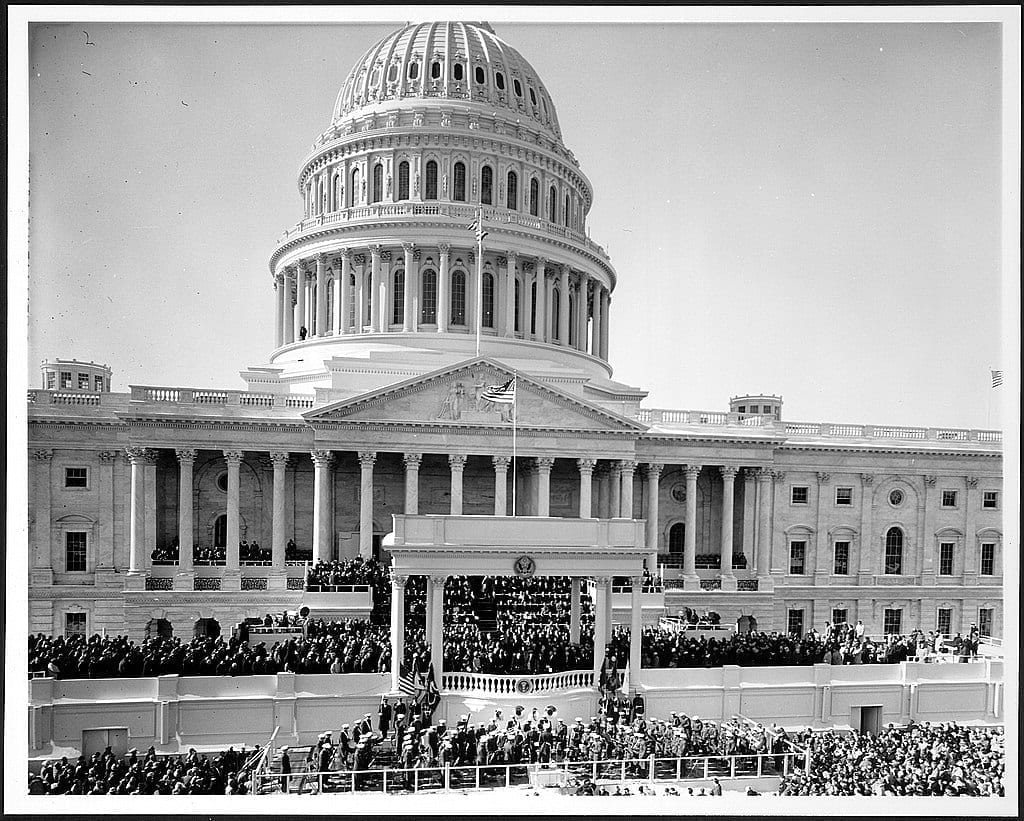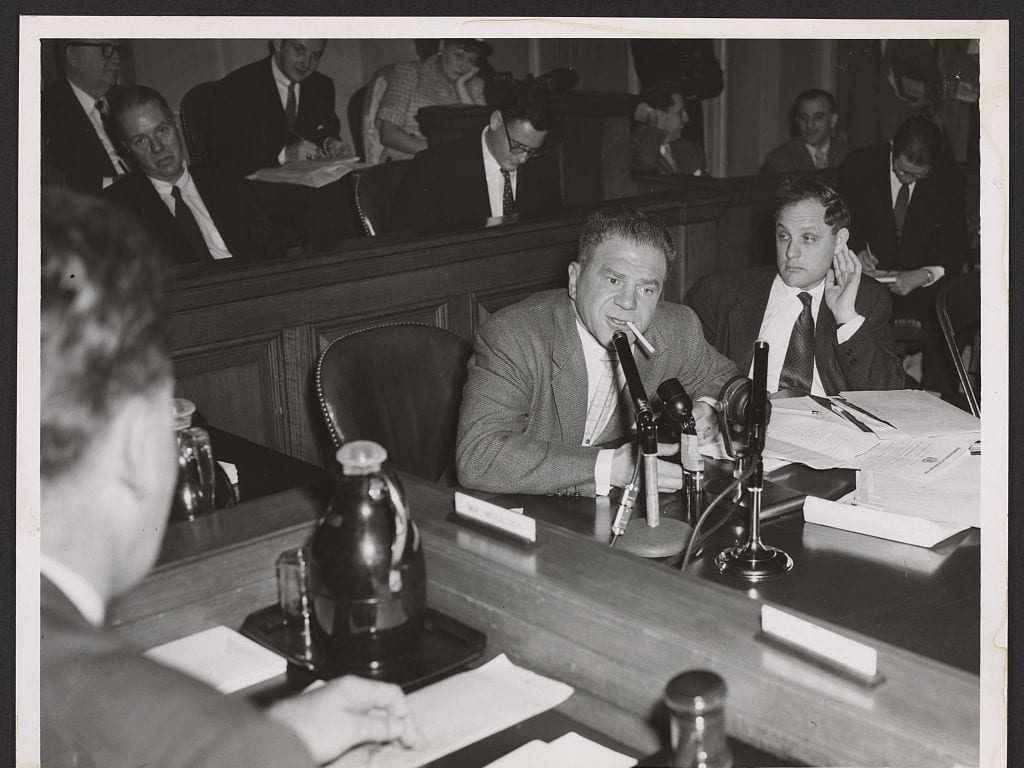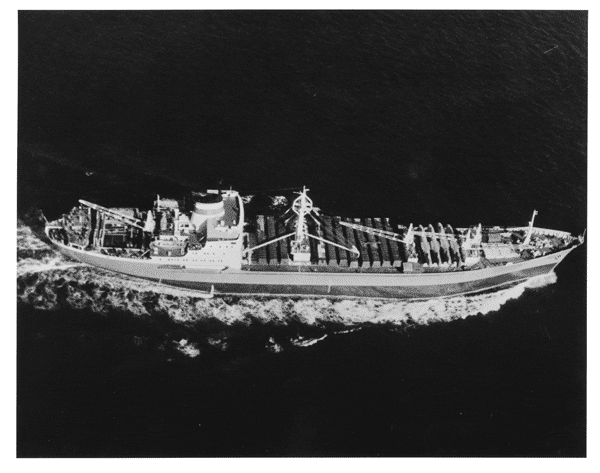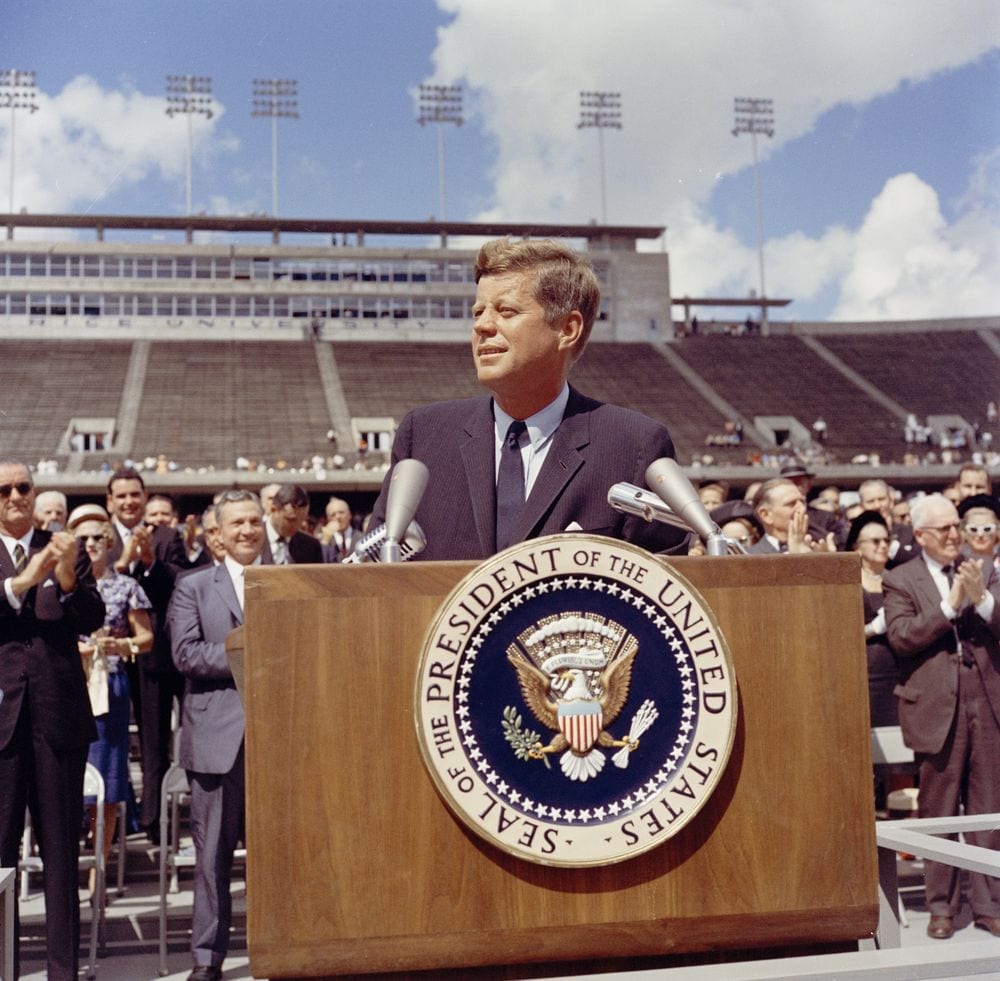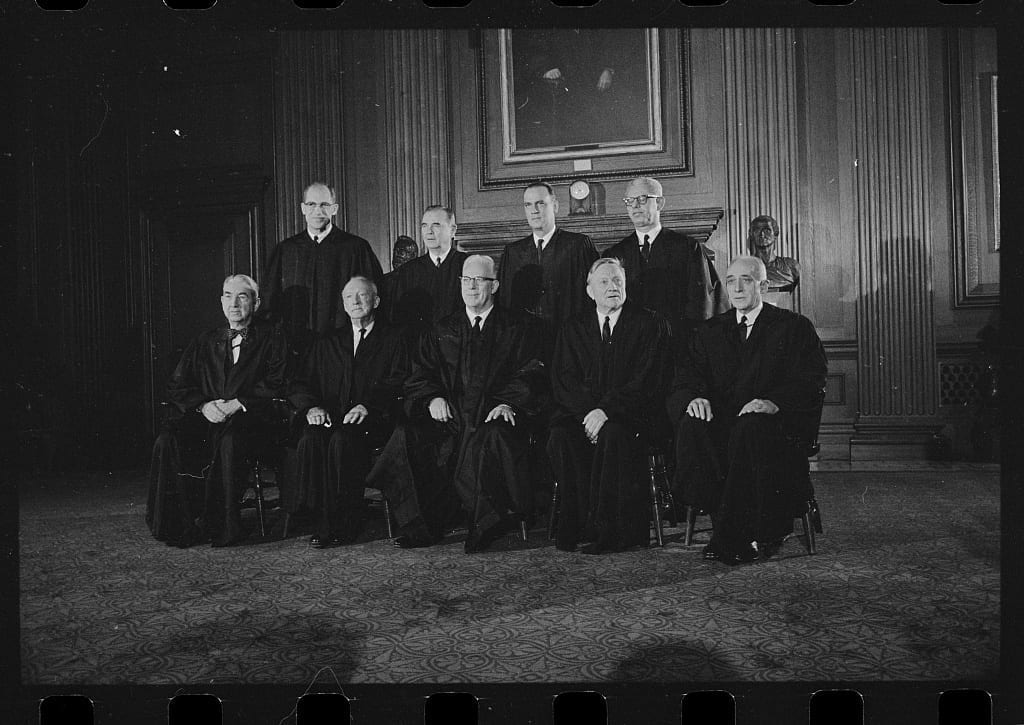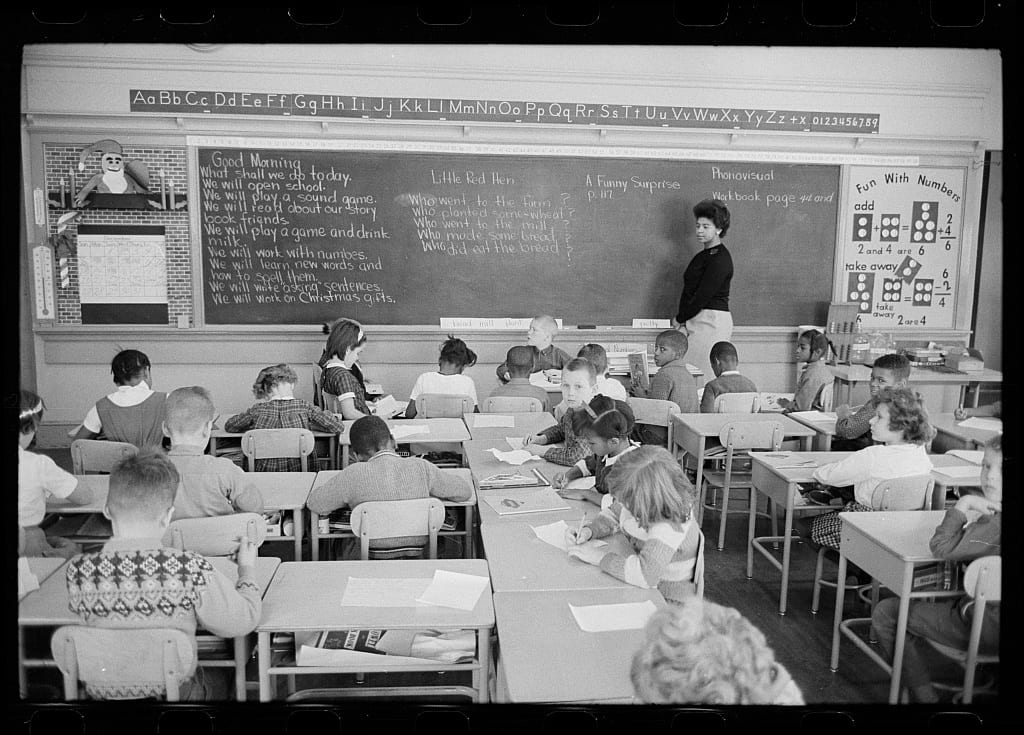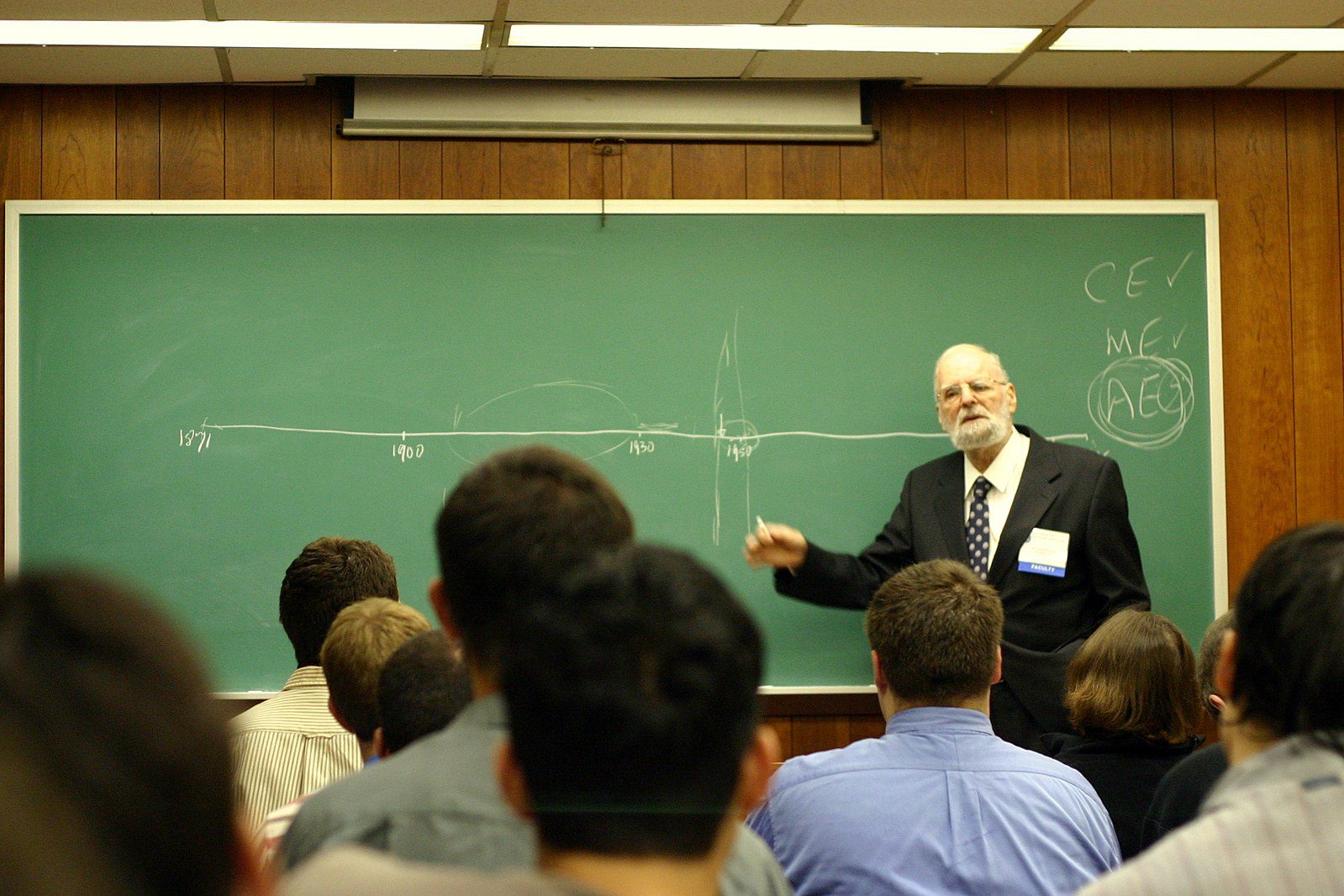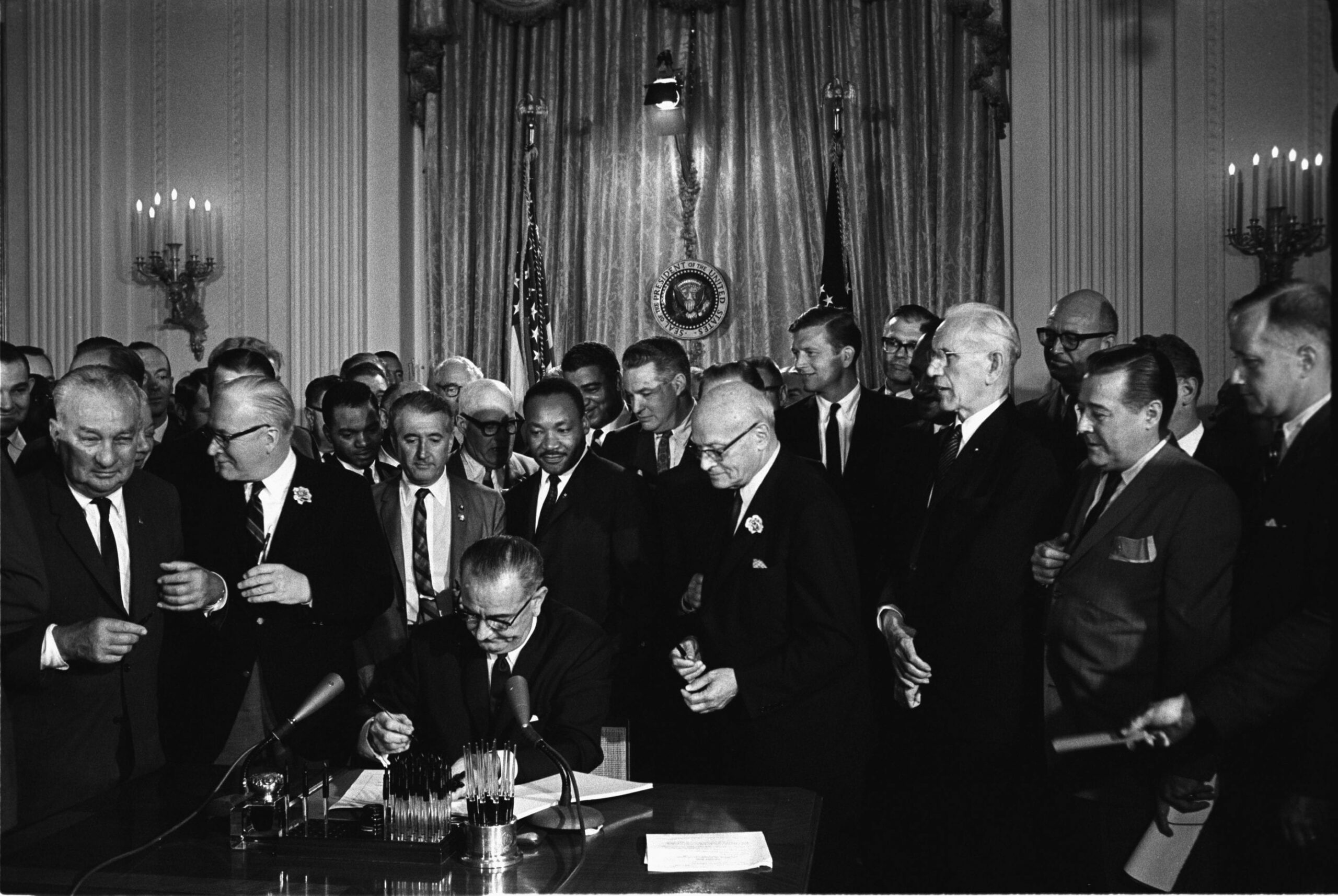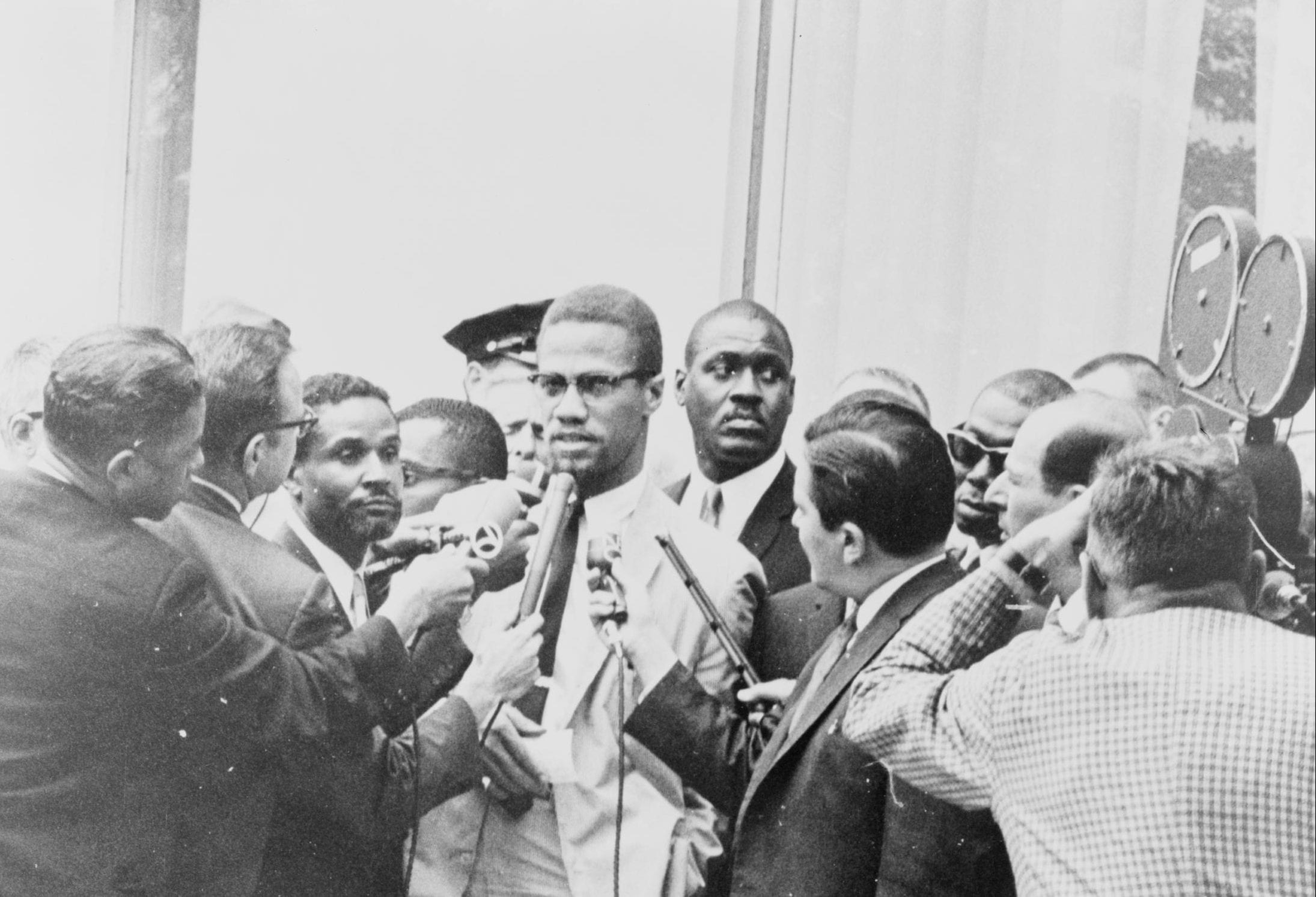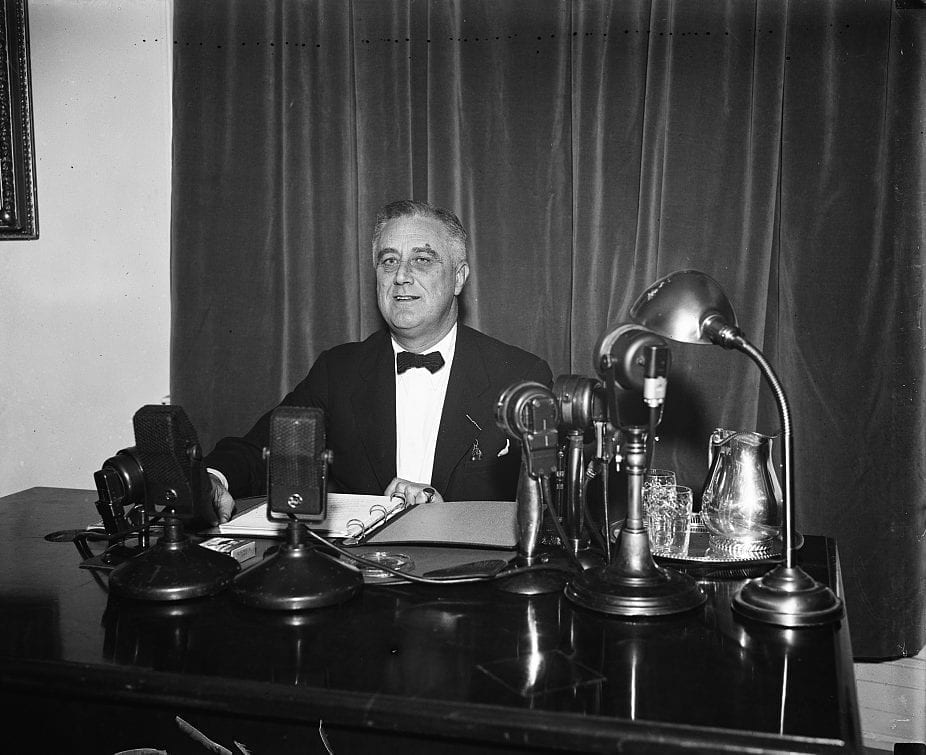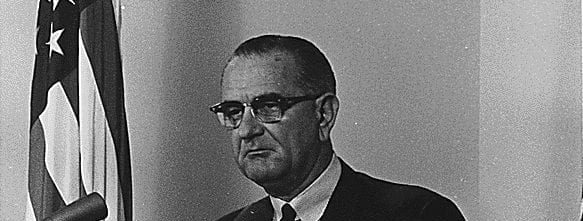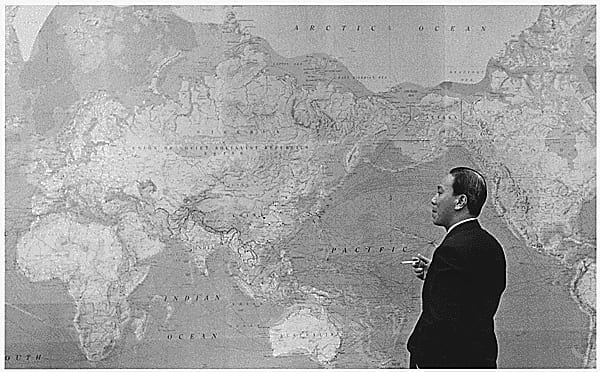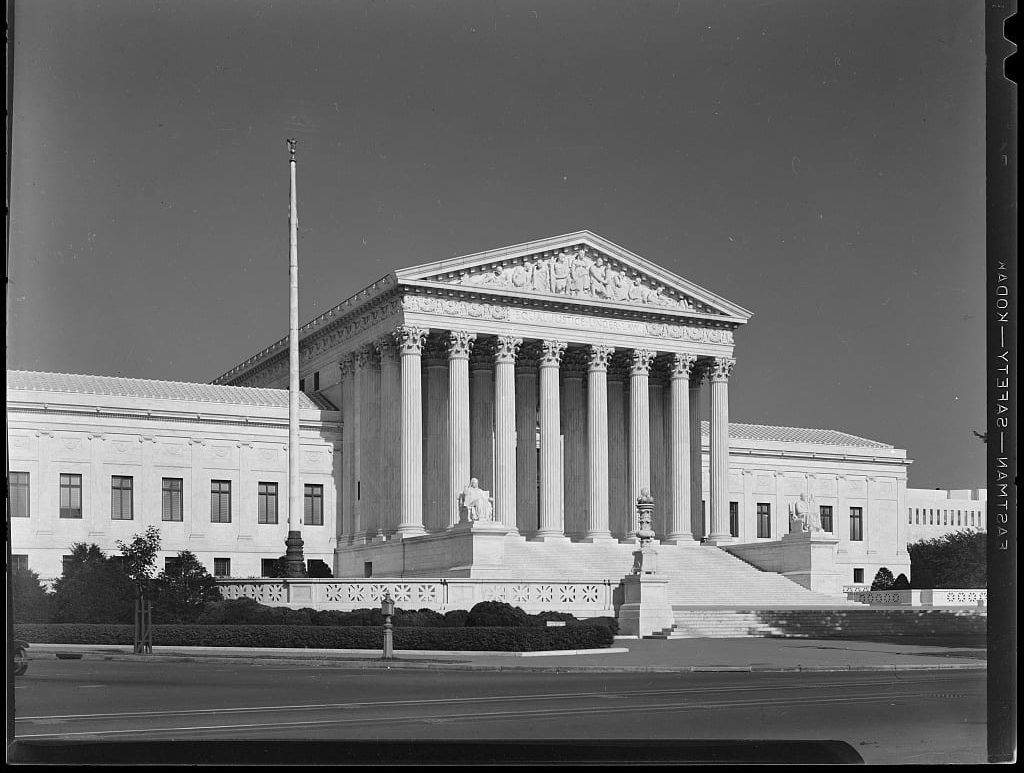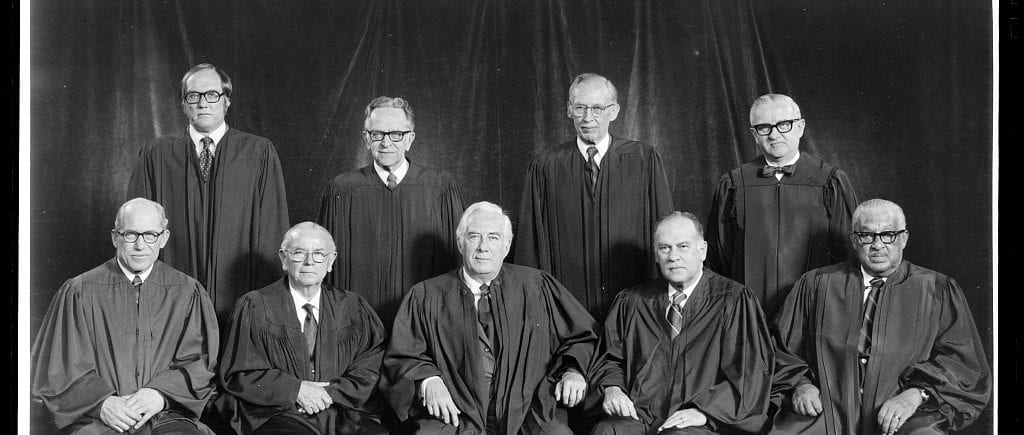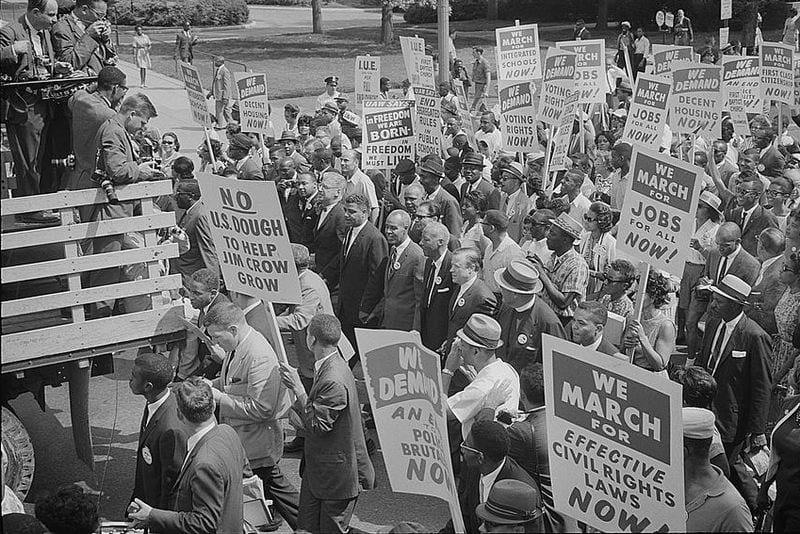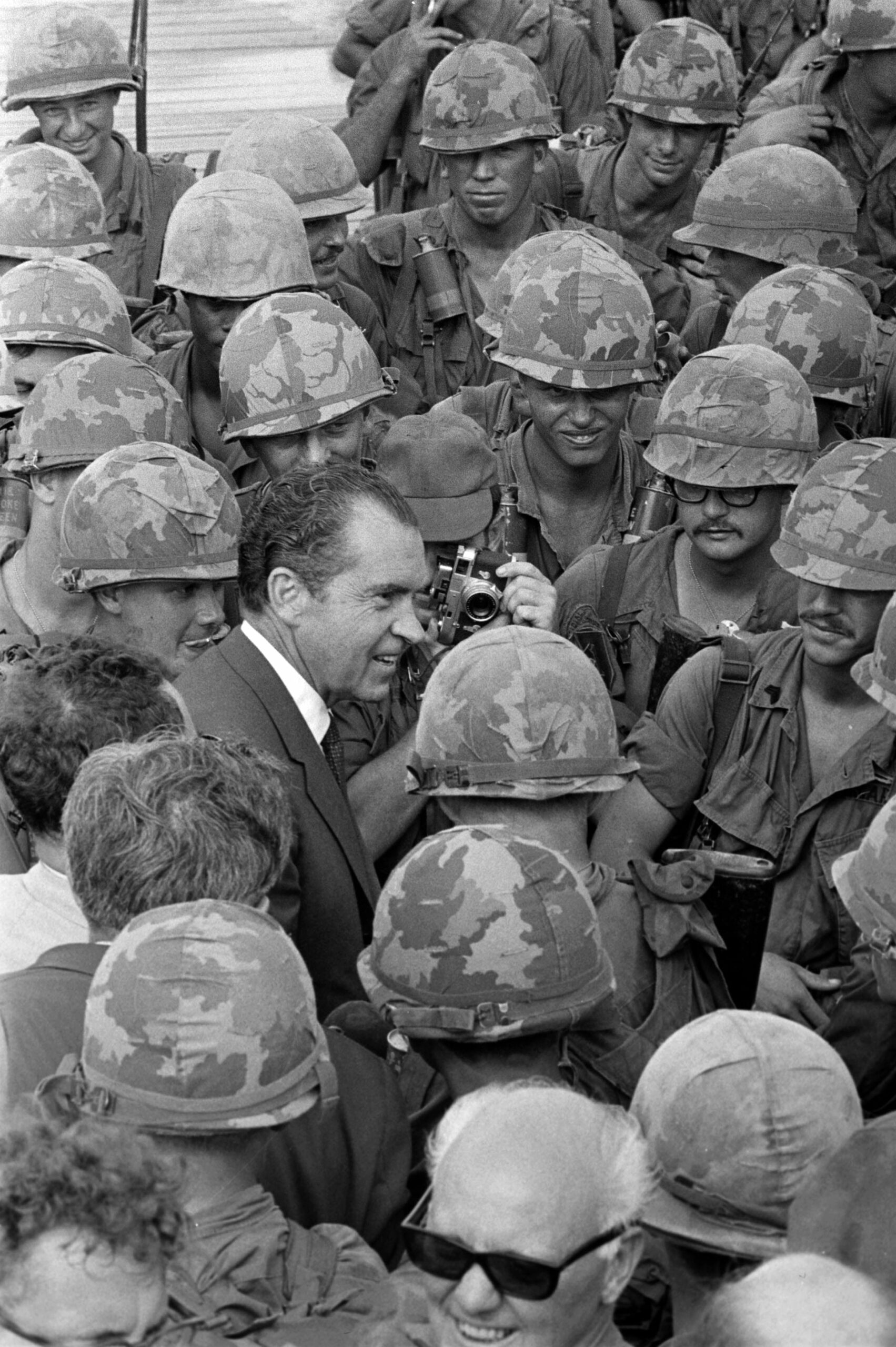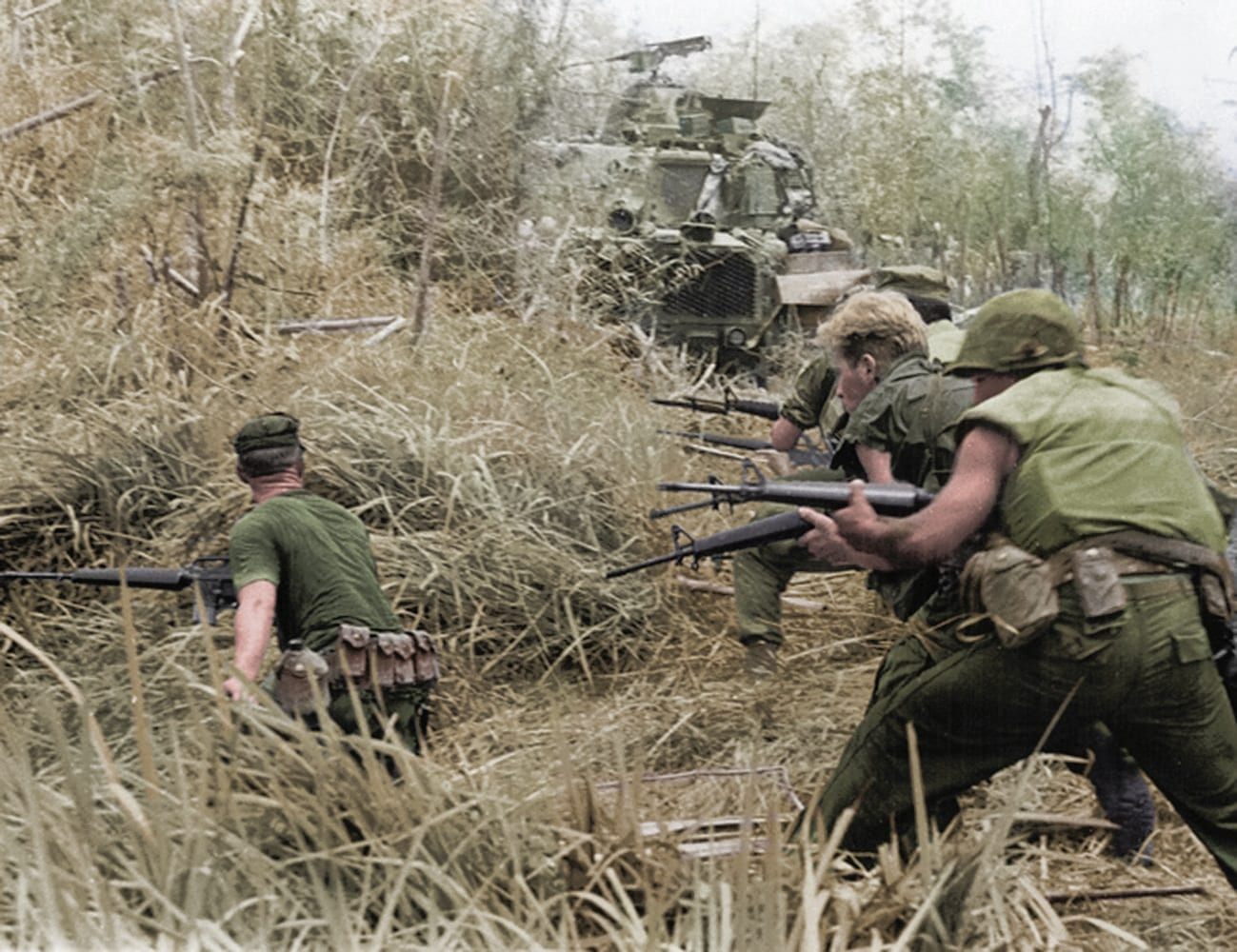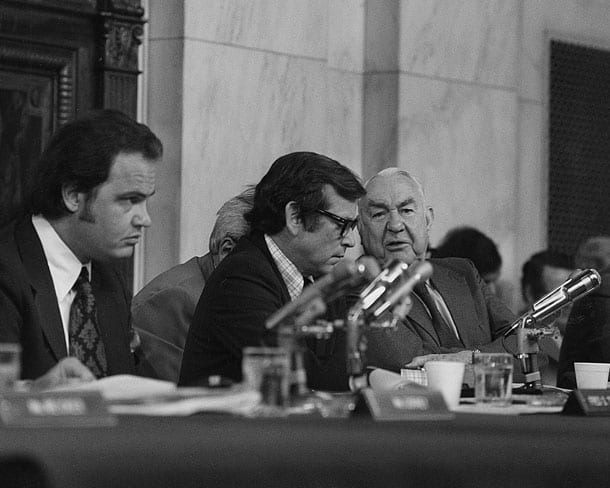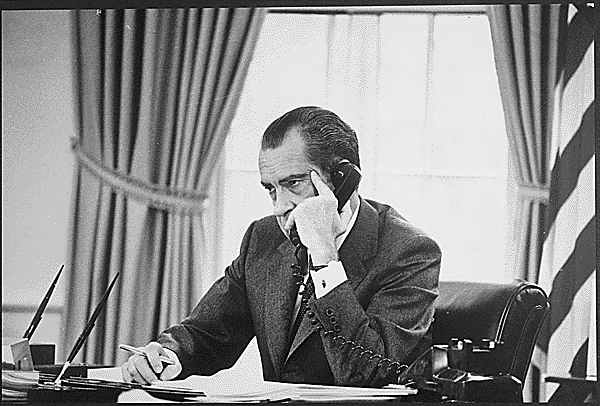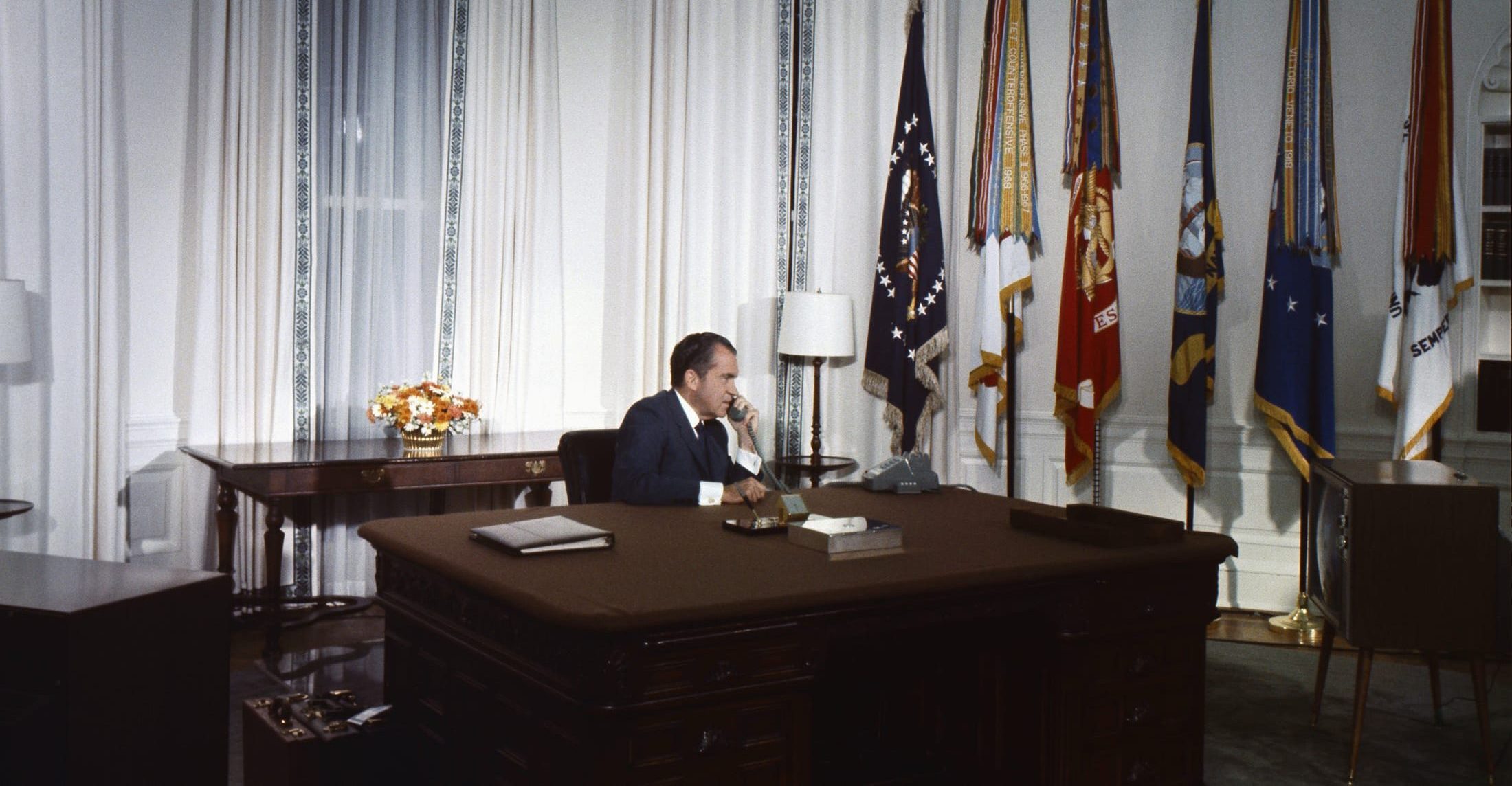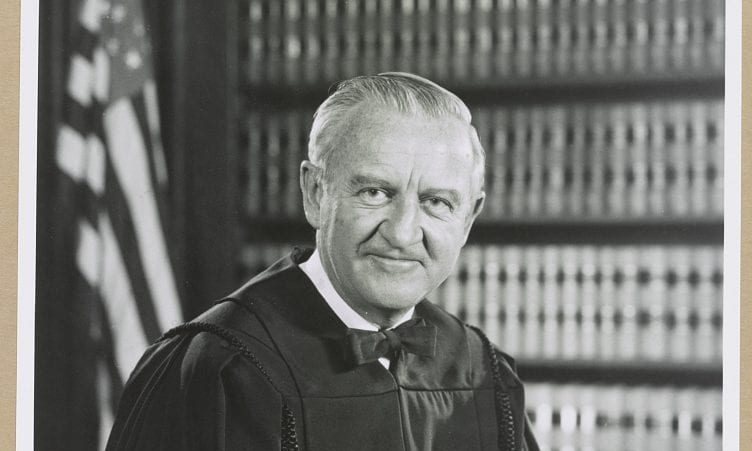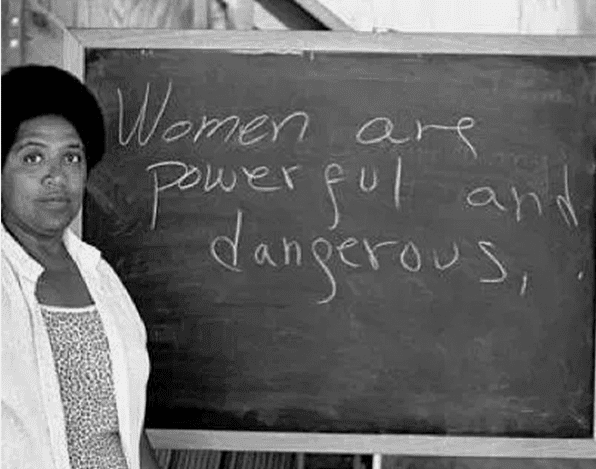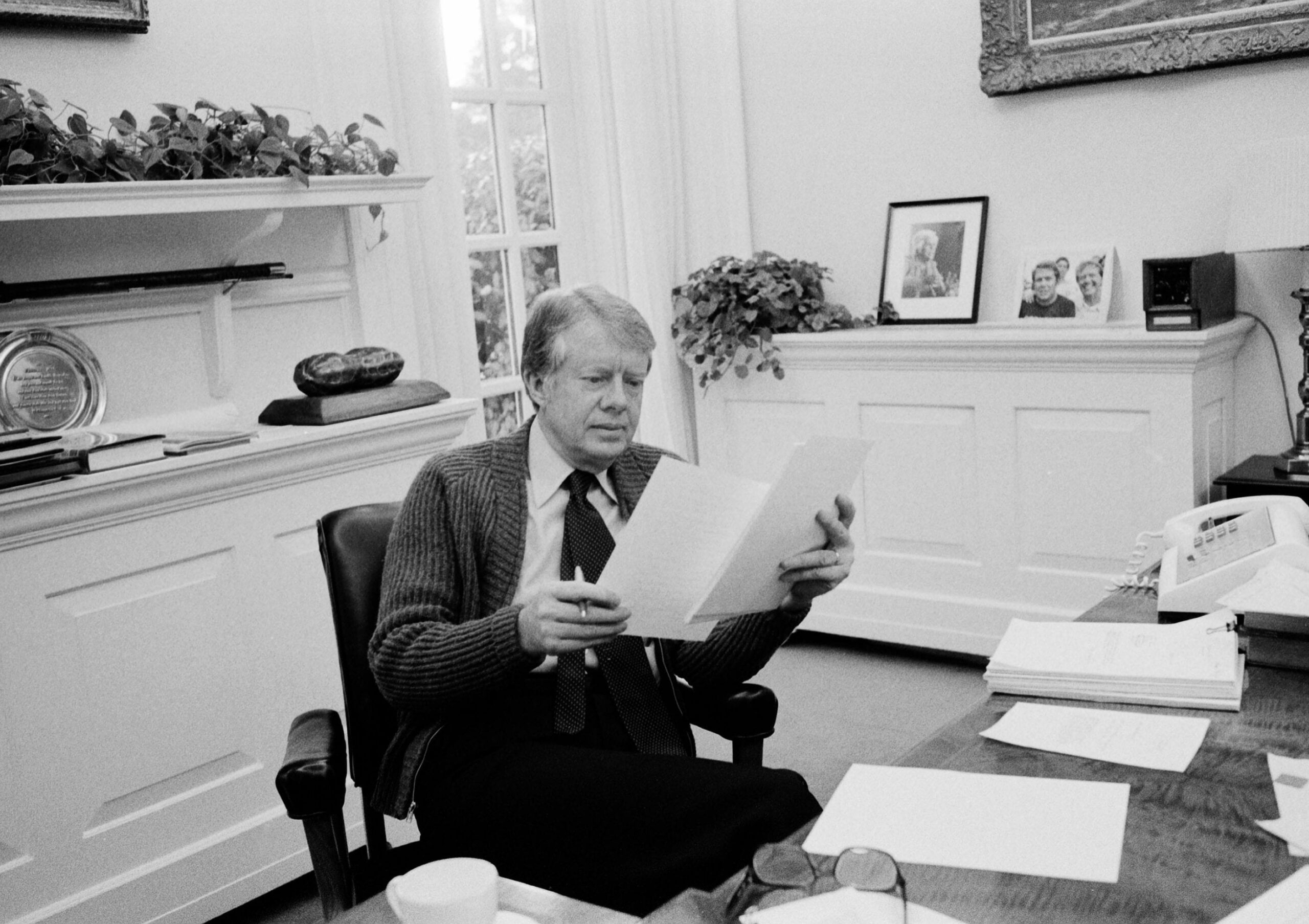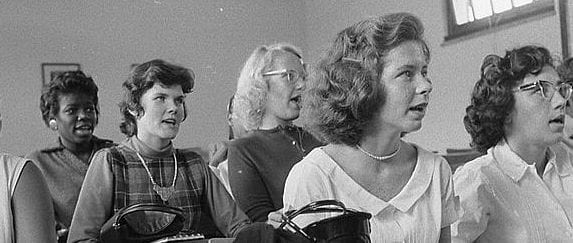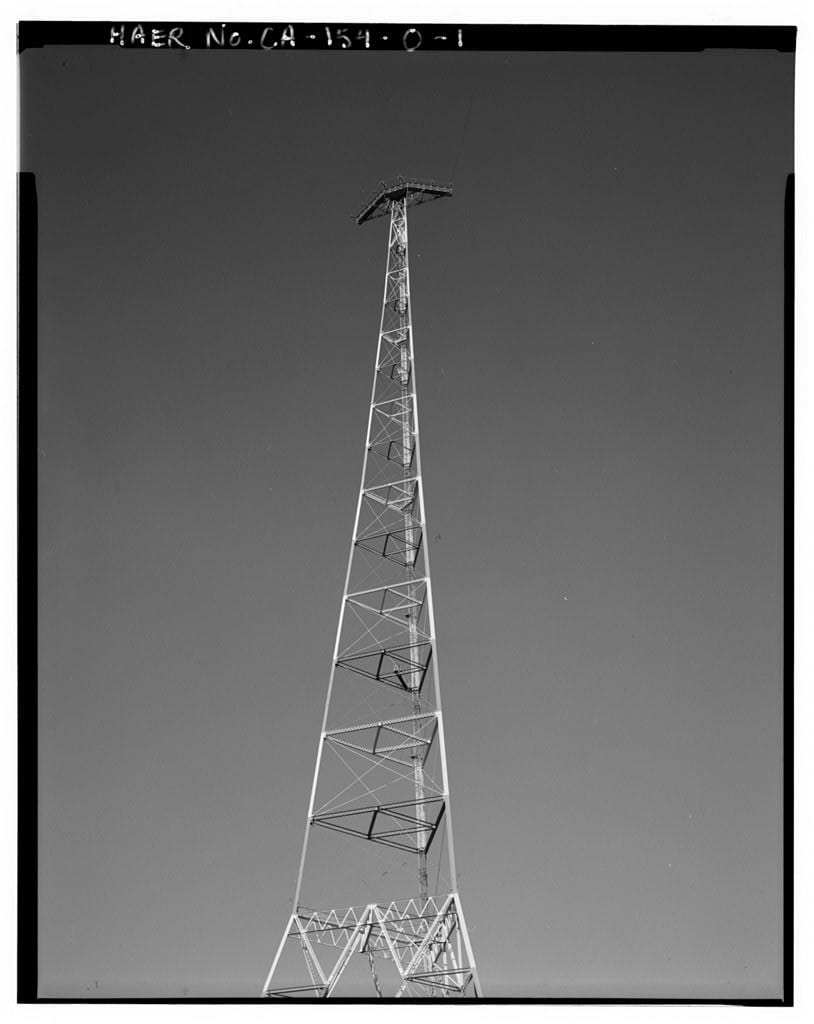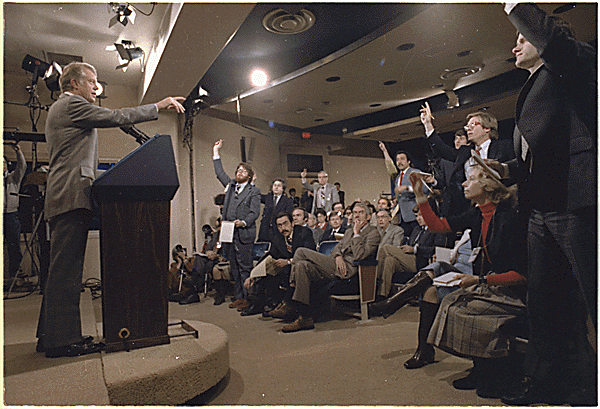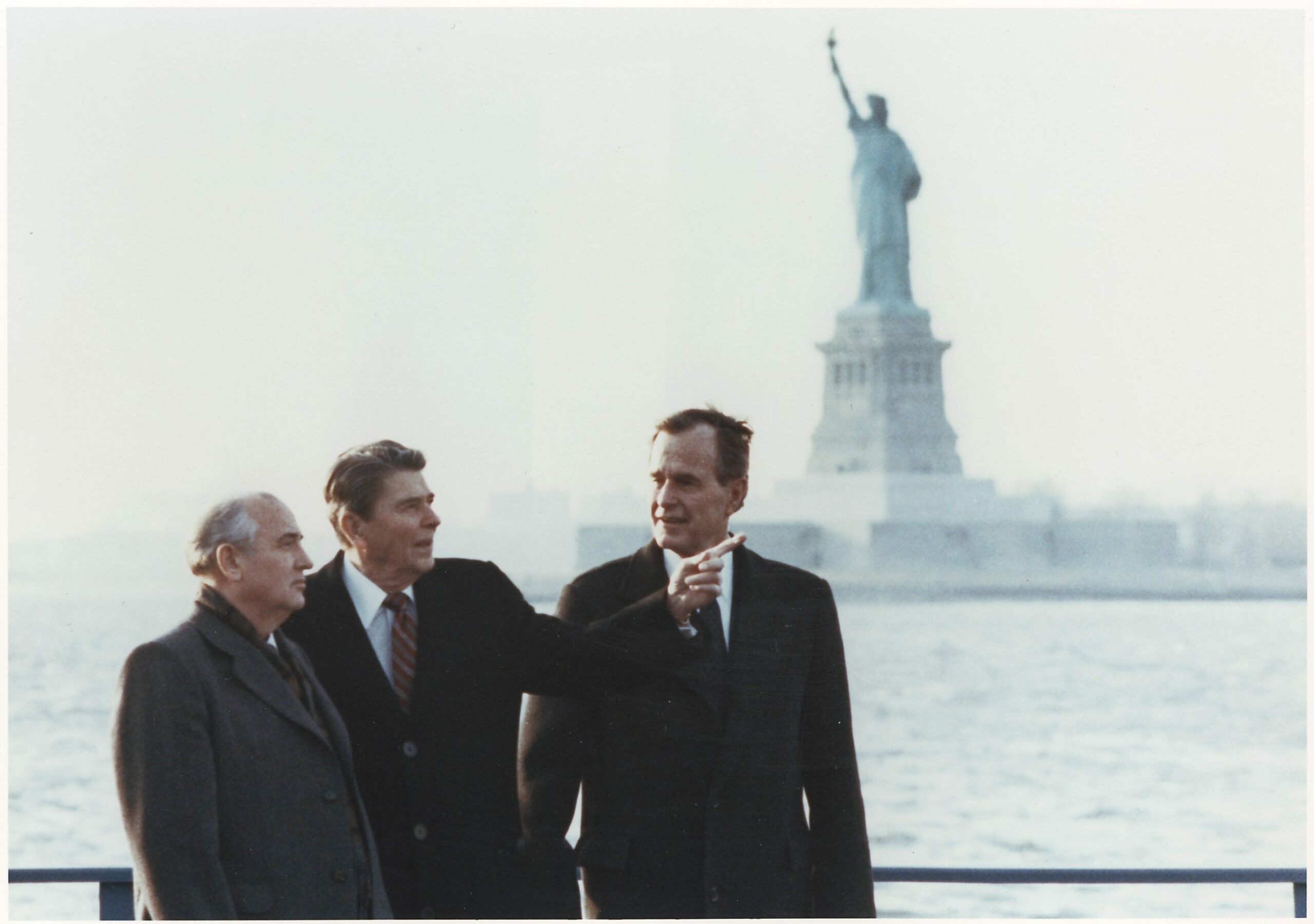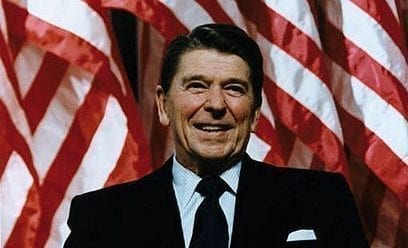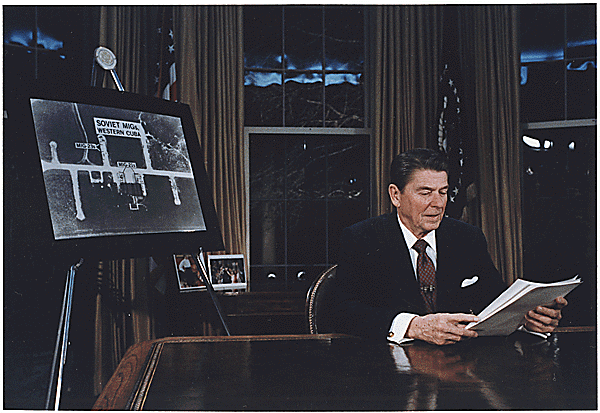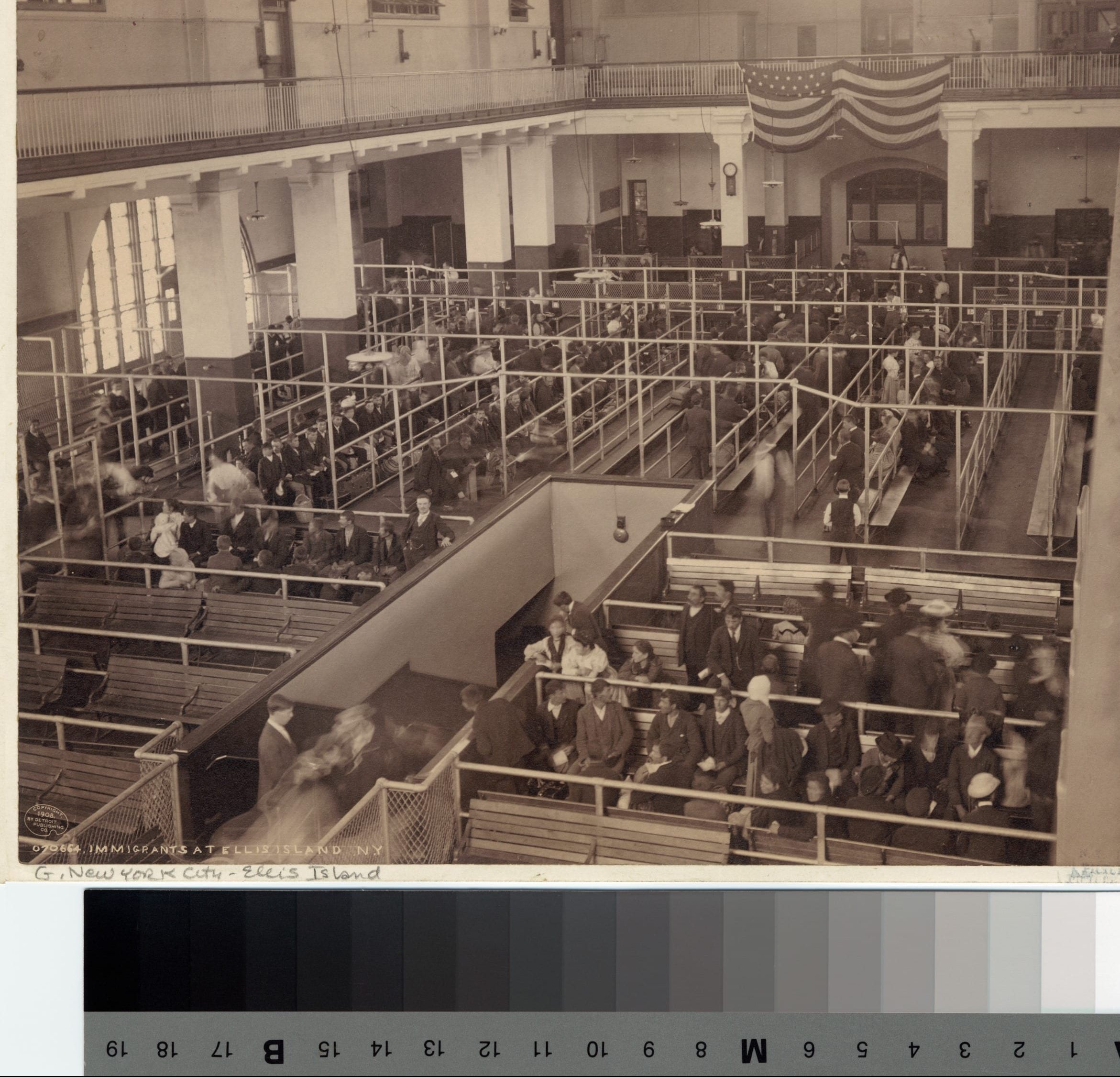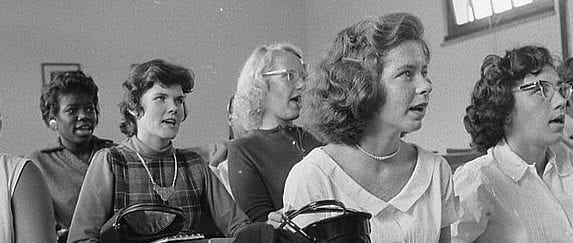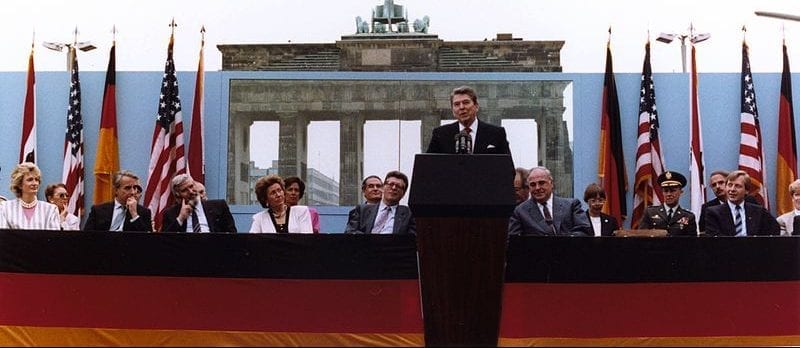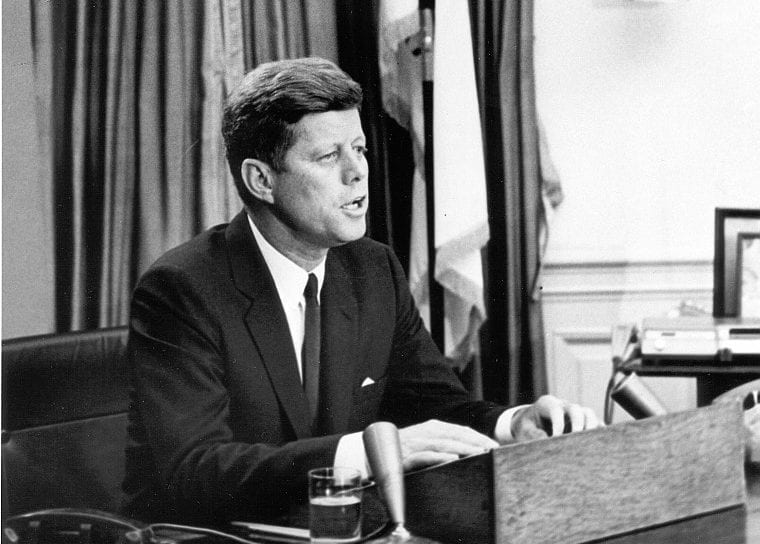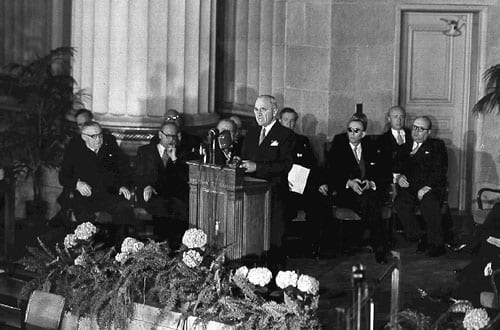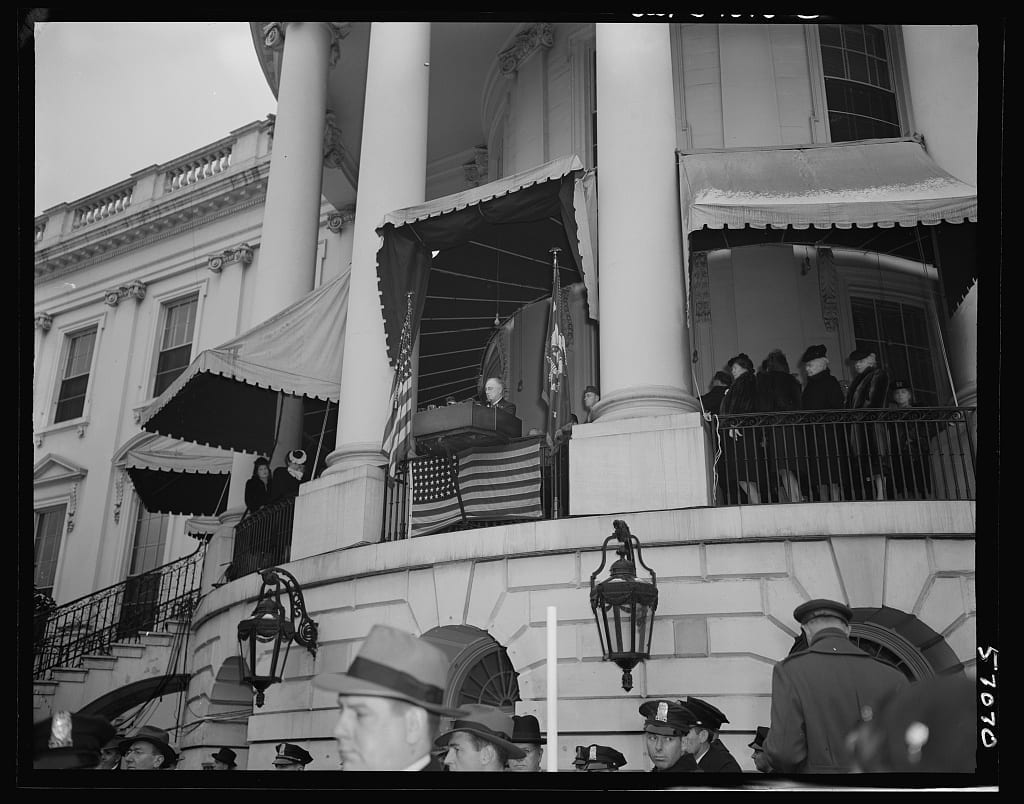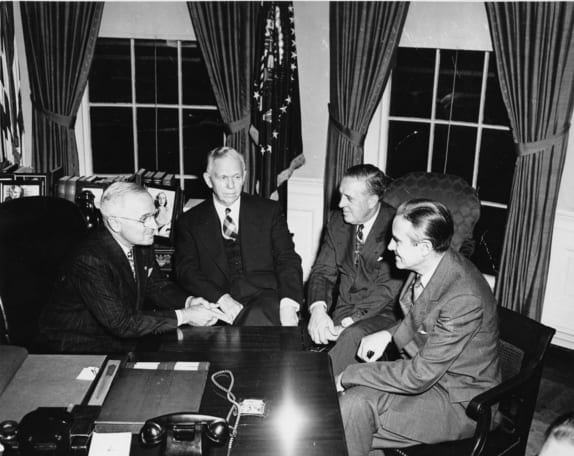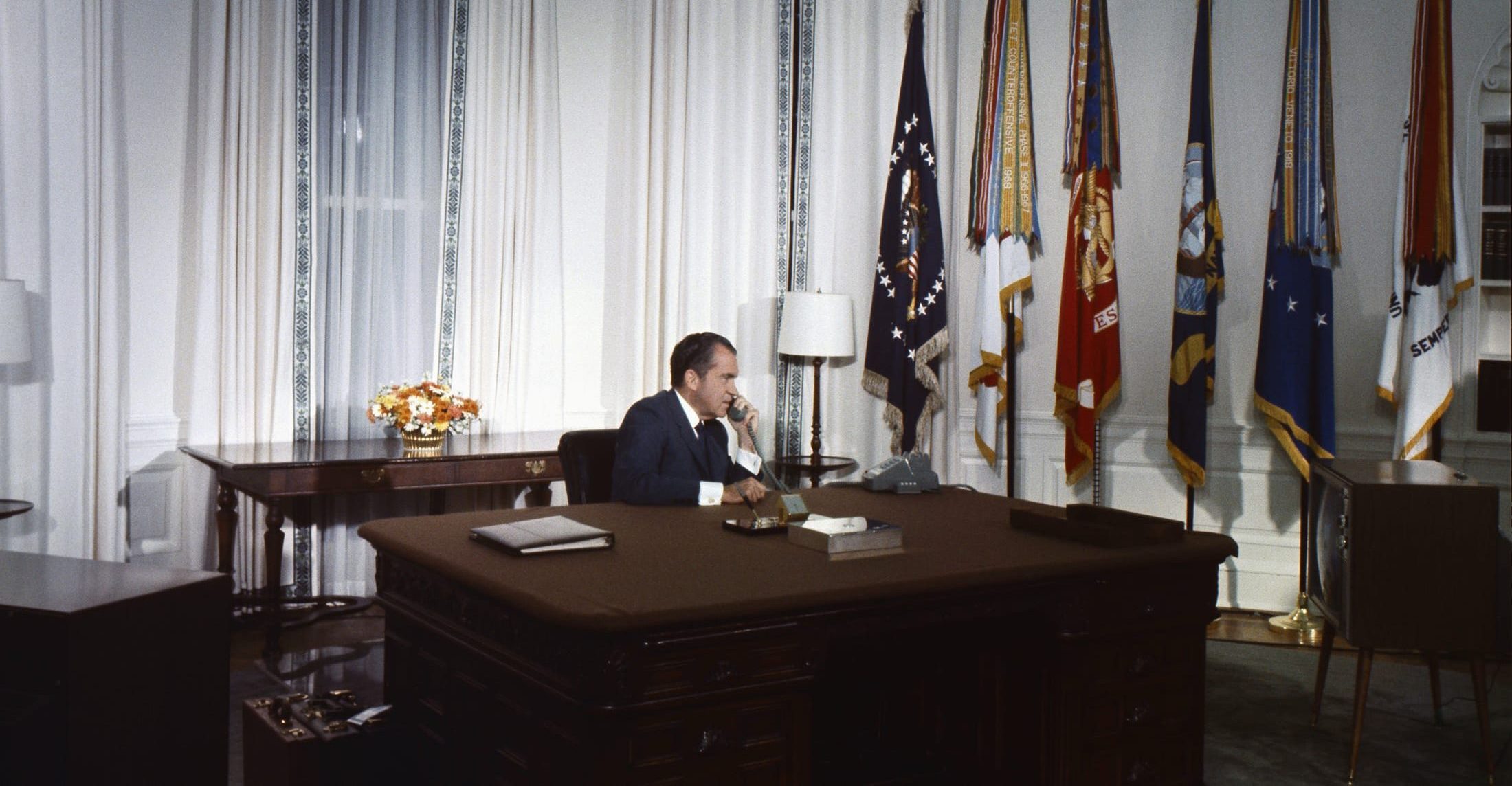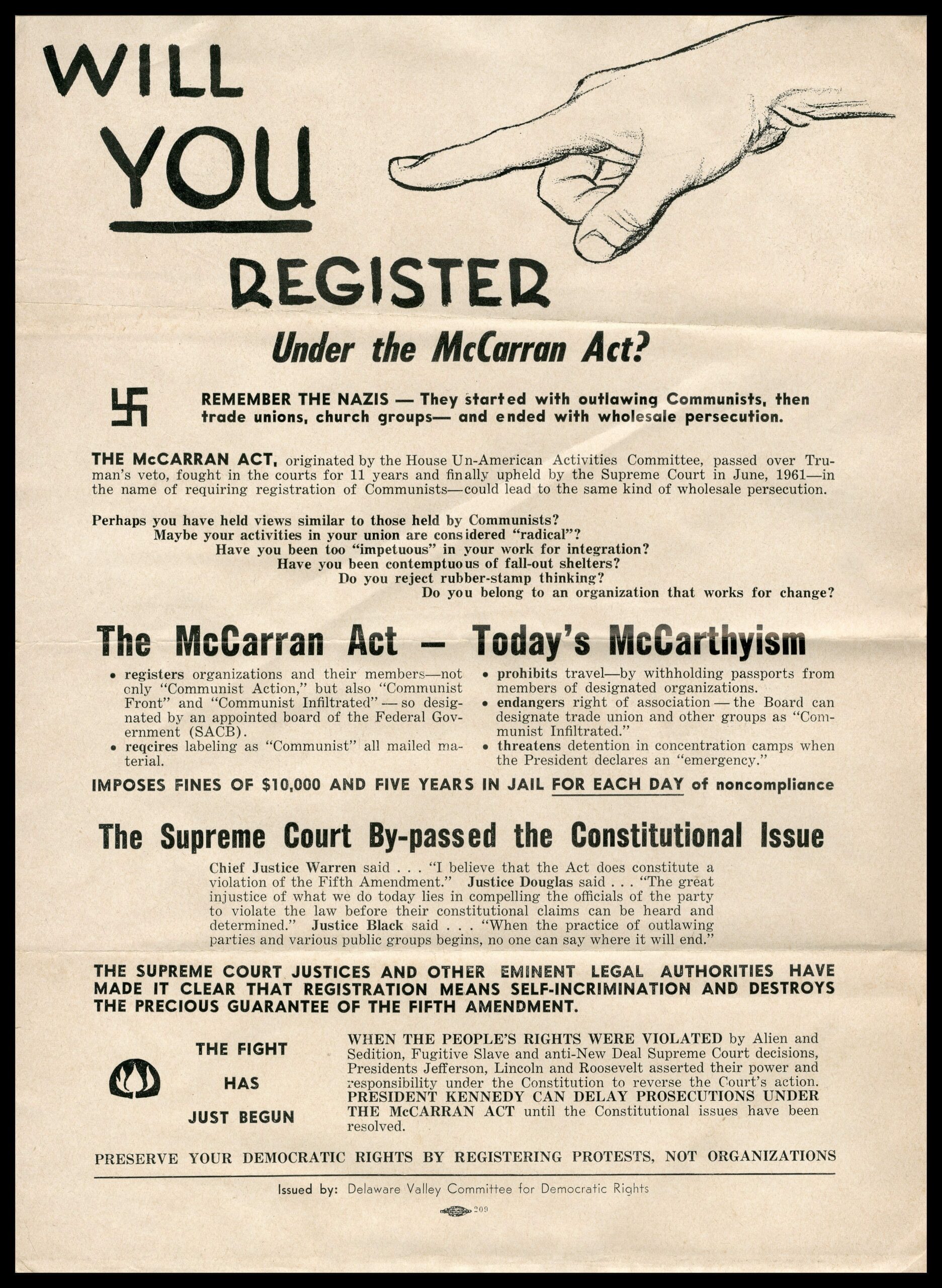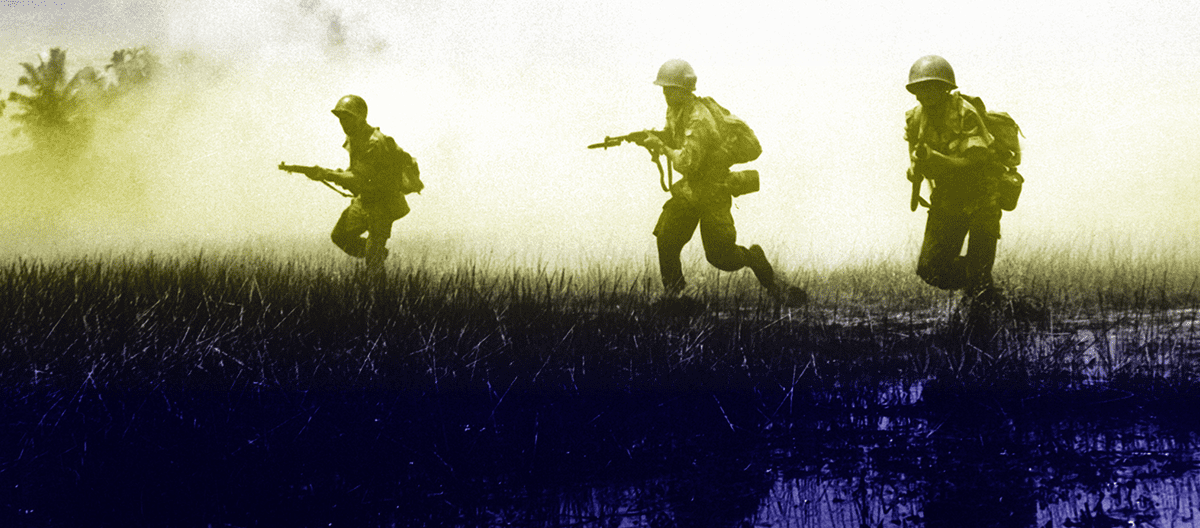
My fellow citizens:
At noon today I sent a message to the Congress about the situation in Korea. I want to talk to you tonight about that situation, and about what it means to the security of the United States and to our hopes for peace in the world.
Korea is a small country, thousands of miles away, but what is happening there is important to every American.
On Sunday, June 25th, Communist forces attacked the Republic of Korea.
This attack has made it clear, beyond all doubt, that the international Communist movement is willing to use armed invasion to conquer independent nations. An act of aggression such as this creates a very real danger to the security of all free nations.
The attack upon Korea was an outright breach of the peace and a violation of the Charter of the United Nations. By their actions in Korea, Communist leaders have demonstrated their contempt for the basic moral principles on which the United Nations is founded. This is a direct challenge to the efforts of the free nations to build the kind of world in which men can live in freedom and peace.
This challenge has been presented squarely. We must meet it squarely.
It is important for all of us to understand the essential facts as to how the situation in Korea came about.
Before and during World War II, Korea was subject to Japanese rule. When the fighting stopped, it was agreed that troops of the Soviet Union would accept the surrender of the Japanese soldiers in the northern part of Korea, and that American forces would accept the surrender of the Japanese inthe southern part. For this purpose, the 38th parallel was used as the dividing line.
Later, the United Nations sought to establish Korea as a free and independent nation. A commission was sent out to supervise a free election in the whole of Korea. However, this election was held only in the southern part of the country, because the Soviet Union refused to permit an election for this purpose to be held in the northern part. Indeed, the Soviet authorities even refused to permit the United Nations Commission to visit northern Korea.
Nevertheless, the United Nations decided to go ahead where it could. In August 1948 the Republic of Korea was established as a free and independent nation in that part of Korea south of the 38th parallel.
In December 1948, the Soviet Union stated that it had withdrawn its troops from northern Korea and that a local government had been established there. However, the Communist authorities never have permitted the United Nations observers to visit northern Korea to see what was going on behind that part of the Iron Curtain.
It was from that area, where the Communist authorities have been unwilling to let the outside world see what was going on, that the attack was launched against the Republic of Korea on June 25th. That attack came without provocation and without warning. It was an act of raw aggression, without a shadow of justification.
I repeat that it was an act of raw aggression. It had no justification whatever.
The Communist invasion was launched in great force, with planes, tanks, and artillery. The size of the attack, and the speed with which it was followed up, make it perfectly plain that it had been plotted long in advance.
As soon as word of the attack was received, Secretary of State Acheson called me at Independence, Mo., and informed me that, with my approval, he would ask for an immediate meeting of the United Nations Security Council. The Security Council met just 24 hours after the Communist invasion began.
One of the main reasons the Security Council was set up was to act in such cases as this–to stop outbreaks of aggression in a hurry before they develop into general conflicts. In this case the Council passed a resolution which called for the invaders of Korea to stop fighting, and to withdraw. The Council called on all members of the United Nations to help carry out this resolution. The Communist invaders ignored the action of the Security Council and kept fight on with their attack.
The Security Council then met again. It recommended that members of the United Nations help the Republic of Korea repel the attack and help restore peace and security in that area.
Fifty-two of the 59 countries which are members of the United Nations have given their support to the action taken by the Security Council to restore peace in Korea.
These actions by the United Nations and its members are of great importance. The free nations have now made it clear that lawless aggression will be met with force. The free nations have learned the fateful lesson of the 1930’s. That lesson is that aggression must be met firmly. Appeasement leads only to further aggression and ultimately to war.
The principal effort to help the Koreans preserve their independence, and to help the United Nations restore peace, has been made by the United States. We have sent land, sea, and air forces to assist in these operations. We have done this because we know that what is at stake here is nothing less than our own national security and the peace of the world.
So far, two other nations–Australia and Great Britain–have sent planes to Korea; and six other nations–Australia, Canada, France, Great Britain, the Netherlands, and New Zealand–have made naval forces available.
Under the flag of the United Nations a unified command has been established for all forces of the members of the United Nations fighting in Korea. Gen. Douglas MacArthur is the commander of this combined force.
The prompt action of the United Nations to put down lawless aggression, and the prompt response to this action by free peoples all over the world, will stand as a landmark in mankind’s long search for a rule of law among nations.
Only a few countries have failed to indorse the efforts of the United Nations to stop the fighting in Korea. The most important of these is the Soviet Union. The Soviet Union has boycotted the meetings of the United Nations Security Council. It has refused to support the actions of the United Nations with respect to Korea.
The United States requested the Soviet Government, 2 days after the fighting started, to use its influence with the North Koreans to have them withdraw. The Soviet Government refused.
The Soviet Government has said many times that it wants peace in the world, but its attitude toward this act of aggression against the Republic of Korea is in direct contradiction of its statements.
For our part, we shall continue to support the United Nations action to restore peace in the world.
We know that it will take a hard, tough fight to halt the invasion, and to drive the Communists back. The invaders have been provided with enough equipment and supplies for a long campaign. They overwhelmed the lightly armed defense forces of the Korean Republic in the first few days and drove southward.
Now, however, the Korean defenders have reorganized and are making a brave fight for their liberty, and an increasing number of American troops have joined them. Our forces have fought a skillful, rearguard delaying action, pending the arrival of reinforcements. Some of these reinforcements are now arriving; others are on the way from the United States.
I should like to read you a part of a report I have received from General Collins, Chief of Staff of the United States Army. General Collins and General Vandenberg, Chief of Staff of the Air Force, have just returned from an inspection trip to Korea and Japan. This is what General Collins had to say:
“The United States Armed Forces in Korea are giving a splendid account of themselves.
“Our Far Eastern forces were organized and equipped primarily to perform peaceful occupation duties in Japan. However, under General MacArthur’s magnificent leadership, they have quickly adapted themselves to meet the deliberately planned attack of the North Korean Communist forces, which are well-equipped, well-led, and battle-trained, and which have at times outnumbered our troops by as much as 20 to 1.
“Our Army troops, ably supported by tactical aircraft of the United States Air Force and Navy and our Australian friends, flying under the most adverse conditions of weather, have already distinguished themselves in the most difficult of military operations–a delaying action. The fact that they are preventing the Communists from overrunning Korea–which this calculated attack had been designed to accomplish–is a splendid tribute to the ability of our Armed Forces to convert quickly from the peaceful duties of occupation to the grim duties of war.
“The task that confronts us is not an easy one, but I am confident of the outcome.”
I shall also read to you part of a report that I received from General MacArthur within the last few hours. General MacArthur says:
“It is, of course, impossible to predict with any degree of accuracy the future incidents of a military campaign. Over a broad front involving continuous local struggles, there are bound to be ups and downs, losses as well as successes …. But the issue of battle is now fully joined and will proceed along lines of action in which we will not be without choice. Our hold upon the southern part of Korea represents a secure base. Our casualties, despite overwhelming odds, have been relatively light. Our strength will continually increase while that of the enemy will relatively decrease. His supply line is insecure. He has had his great chance and failed to exploit it. We are now in Korea in force, and with God’s help we are there to stay until the constitutional authority of the Republic of Korea is fully restored.”
These and other reports I have received show that our Armed Forces are acting with dose teamwork and efficiency to meet the problems facing us in Korea.
These reports are reassuring, but they also show that the job ahead of us in Korea is long and difficult.
Furthermore, the fact that Communist forces have invaded Korea is a warning that there may be similar acts of aggression in other parts of the world. The free nations must be on their guard, more than ever before, against this kind of sneak attack.
It is obvious that we must increase our military strength and preparedness immediately. There are three things we need to do.
First, we need to send more men, equipment, and supplies to General MacArthur.
Second, in view of the world situation, we need to build up our own Army, Navy, and Air Force over and above what is needed in Korea.
Third, we need to speed up our work with other countries in strengthening our common defenses.
To help meet these needs, I have already authorized increases in the size of our Armed Forces. These increases will come in part from volunteers, in part from Selective Service, and in part from the National Guard and the Reserves.
I have also ordered that military supplies and equipment be obtained at a faster rate.
The necessary increases in the size of our Armed Forces, and the additional equipment they must have, will cost about $10 billion, and I am asking the Congress to appropriate the amount required.
These funds will be used to train men and equip them with tanks, planes, guns, and ships, in order to build the strength we need to help assure peace in the world.
When we have worked out with other free countries an increased program for our common defense, I shall recommend to the Congress that additional funds be provided for this purpose. This is of great importance. The free nations face a worldwide threat. It must be met with a worldwide defense. The United States and other free nations can multiply their strength by joining with one another in a common effort to provide this defense. This is our best hope for peace.
The things we need to do to build up our military defense will require considerable adjustment in our domestic economy. We have a tremendously rich and productive economy, and it is expanding every year.
Our job now is to divert to defense purposes more of that tremendous productive capacity–more steel, more aluminum, more of a good many things.
Some of the additional production for military purposes can come from making fuller use of plants which are not operating at capacity. But many of our industries are already going full tilt, and until we can add new capacity, some of the resources we need for the national defense will have to be taken from civilian uses.
This requires us to take certain steps to make sure that we obtain the things we need for national defense, and at the same time guard against inflationary price rises.
The steps that are needed now must be taken promptly.
In the message which I sent to the Congress today, I described the economic measures which are required at this time.
First, we need laws which will insure prompt and adequate supplies for military and essential civilian use. I have therefore recommended that the Congress give the Government power to guide the flow of materials into essential uses, to restrict their use for nonessential purposes, and to prevent the accumulation of unnecessary inventories.
Second, we must adopt measures to prevent inflation and to keep our Government in a sound financial condition. One of the major causes of inflation is the excessive use of credit. I have recommended that the Congress authorize the Government to set limits on installment buying and to curb speculation in agricultural commodities. In the housing field, where Government credit is an important factor, I have already directed that credit restraints be applied, and I have recommended that the Congress authorize further controls.
As an additional safeguard against inflation, and to help finance our defense needs, it will be necessary to make substantial increases in taxes. This is a contribution to our national security that every one of us should stand ready to make. As soon as a balanced and fair tax program can be worked out, I shah lay it before the Congress. This tax program will have as a major aim the elimination of profiteering.
Third, we should increase the production of goods needed for national defense. We must plan to enlarge our defense production, not just for the immediate future, but for the next several years. This will be primarily a task for our businessmen and workers. However, to help obtain the necessary increases, the Government should be authorized to provide certain types of financial assistance to private industry to increase defense production.
Our military needs are large, and to meet them will require hard work and steady effort. I know that we can produce what we need if each of us does his part–each man, each woman, each soldier, each civilian. This is a time for all of us to pitch in and work together.
I have been sorry to hear that some people have fallen victim to rumors in the last week or two, and have been buying up various things they have heard would be scarce. That is foolish–I say that is foolish, and it is selfish, very selfish, because hoarding results in entirely unnecessary local shortages.
Hoarding food is especially foolish. There is plenty of food in this country. I have read that there have been runs on sugar in some cities. That is perfectly ridiculous. We now have more sugar available than ever before. There are ample supplies of our other basic foods also.
Now, I sincerely hope that every American housewife will keep this in mind when she does her daily shopping.
If I had thought that we were actually threatened by shortages of essential consumer goods, I should have recommended that price control and rationing be immediately instituted. But there is no such threat. We have to fear only those shortages which we ourselves artificially create.
Every businessman who is trying to profiteer in time of national danger–and every person who is selfishly trying to get more than his neighbor–is doing just exactly the thing that any enemy of this country would want him to do.
If prices should rise unduly because of excessive buying or speculation, I know our people will want the Government to take action, and I will not hesitate to recommend rationing and price control.
We have the resources to meet our needs. Far more important, the American people are unified in their belief in democratic freedom. We are united in detesting Communist slavery.
We know that the cost of freedom is high. But we are determined to preserve our freedom–no matter what the cost.
I know that our people are willing to do their part to support our soldiers and sailors and airmen who are fighting in Korea. I know that our fighting men can count on each and every one of you.
Our country stands before the world as an example of how free men, under God, can build a community of neighbors, working together for the good of all.
That is the goal we seek not only for ourselves, but for all people. We believe that freedom and peace are essential if men are to live as our Creator intended us to live. It is this faith that has guided us in the past, and it is this faith that will fortify us in the stern days ahead.
NOTE: Following is the full text of the message from General
Douglas MacArthur which the President quoted in his address. The message was released by the White House on July 20.
The President
The White House
The following is my current estimate of the Korean situation:
With the deployment in Korea of major elements of the 8th Army now accomplished, the first phase of the campaign has ended and with it the chance for victory by the North Korean forces. The enemy’s plan and great opportunity depended upon the speed with which he could overrun South Korea once he had breached the Hart River line and with overwhelming numbers and superior weapons temporarily shattered South Korean resistance. This chance he has now lost through the extraordinary speed with which the 8th Army has been deployed from Japan to stem his rush. When he crashed the Hart Line the way seemed entirely open and victory was within his grasp.
The desperate decision to throw in piecemeal American elements as they arrived by every available means of transport from Japan was the only hope to save the situation. The skill and valor thereafter displayed in successive holding actions by the ground forces in accordance with this concept, brilliantly supported in complete coordination by Air and Naval elements, forced the enemy into continued deployments, costly frontal attacks and confused logistics, which so slowed his advance and blunted his drive that we have bought the Precious time necessary to build a secure base.
I do not believe that history records a comparable operation which excelled the speed and precision with which the 8th Army, the Far East Air Force and the Seventh Fleet have been deployed to a distant land for immediate commitment to major operations. It merits highest commendation for the commanders, staffs and units concerned and attests to their superior training and high state of readiness to meet any eventuality. This finds added emphasis in the fact that the Far East Command, until the President’s great pronouncement to support the epochal action of the United Nations, had no slightest responsibility for the defense of the Free Republic of Korea. With the President’s decision it assumed a completely new and added mission.
It is, of course, impossible to predict with any degree of accuracy future incidents of a military campaign. Over a broad front involving continuous local struggles, there are bound to be ups and downs, losses as well as successes. Our final stabilization line will unquestionably be rectified and tactical improvement will involve planned withdrawals as well as local advances. But the issue of battle is now fully joined and will proceed along lines of action in which we will not be without choice. Our hold upon the Southern part of Korea represents a secure base. Our casualties despite overwhelming odds have been relatively light. Our strength will continually increase while that of the enemy will relatively decrease. His supply line is insecure. He has had his great chance but failed to exploit it. We are now in Korea in force, and with God’s help we are there to stay until the constitutional authority of the Republic is fully restored.

Conversation-based seminars for collegial PD, one-day and multi-day seminars, graduate credit seminars (MA degree), online and in-person.

Our Core Document Collection allows students to read history in the words of those who made it. Available in hard copy and for download.


